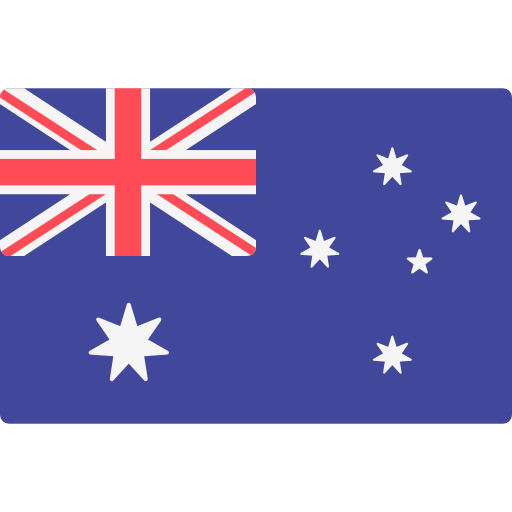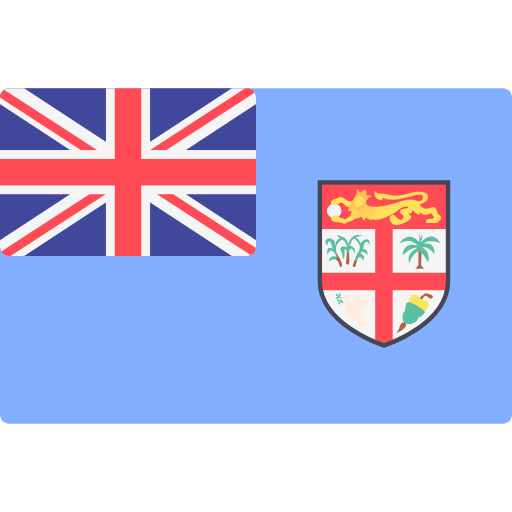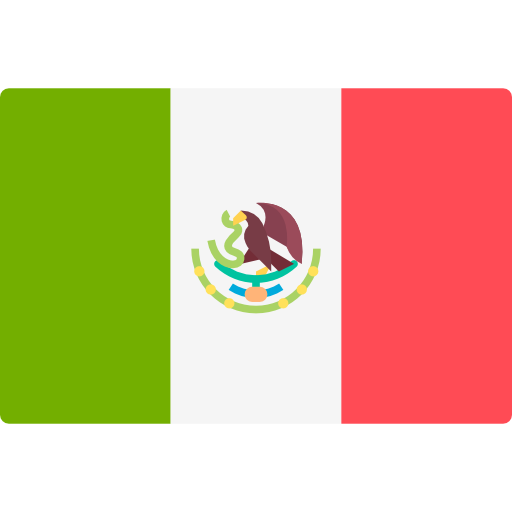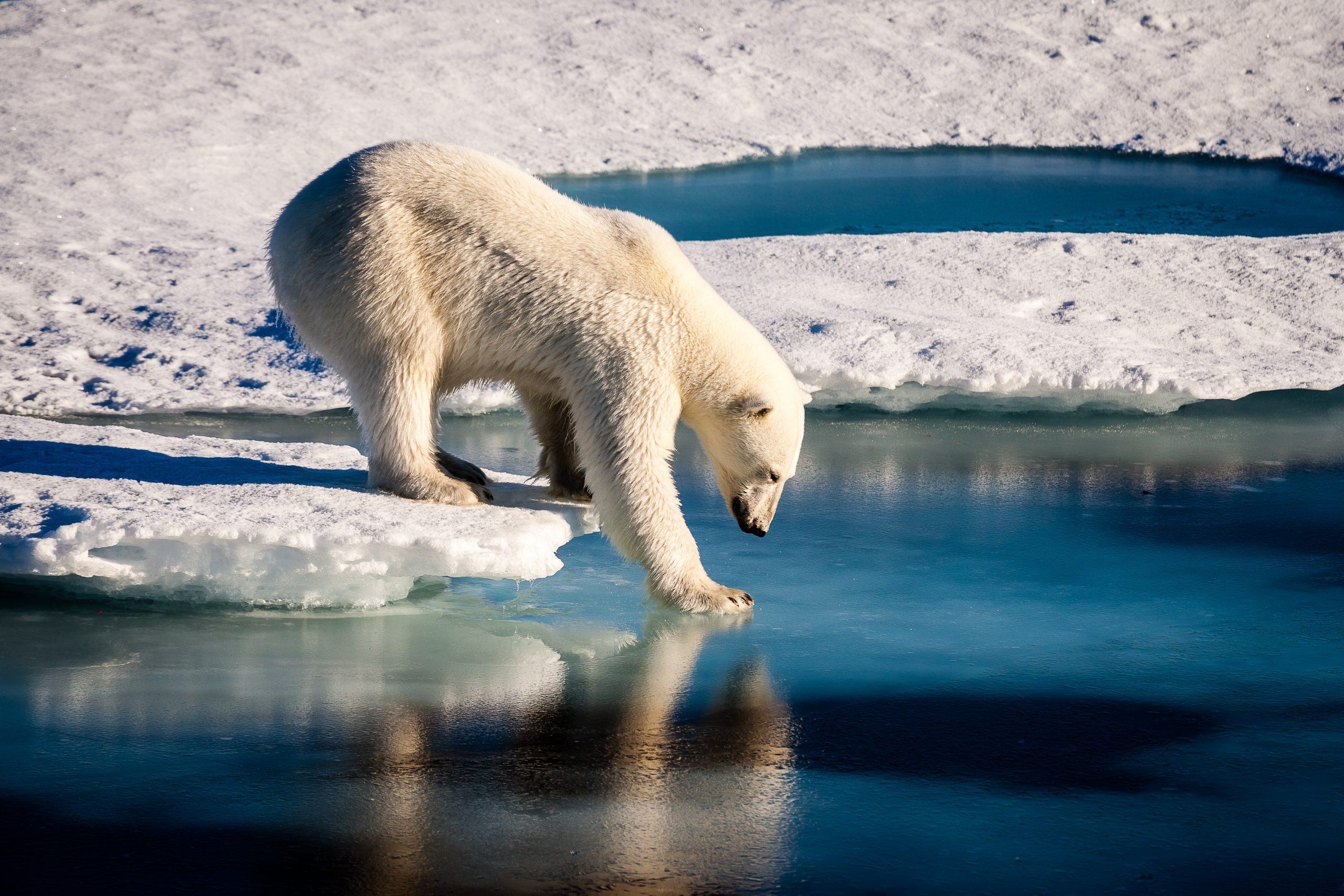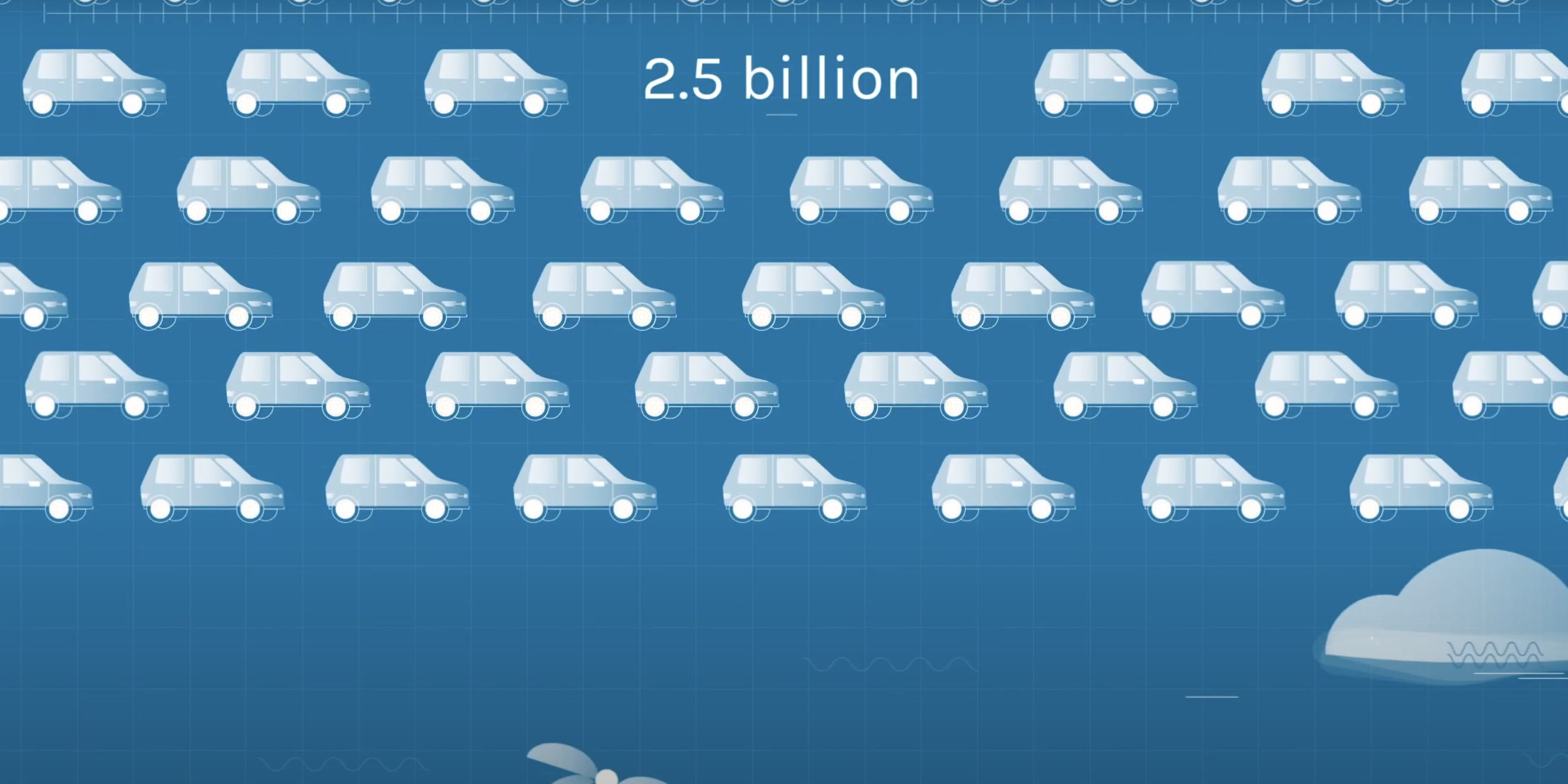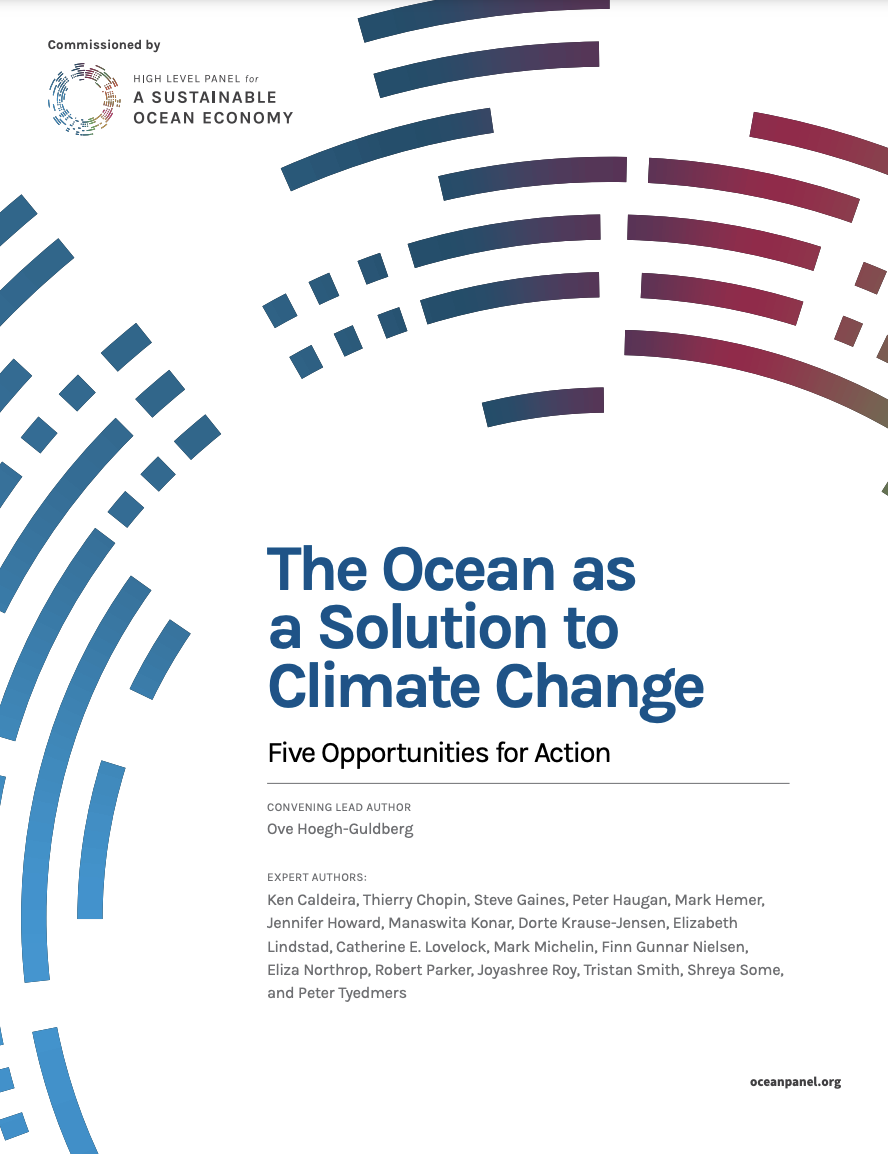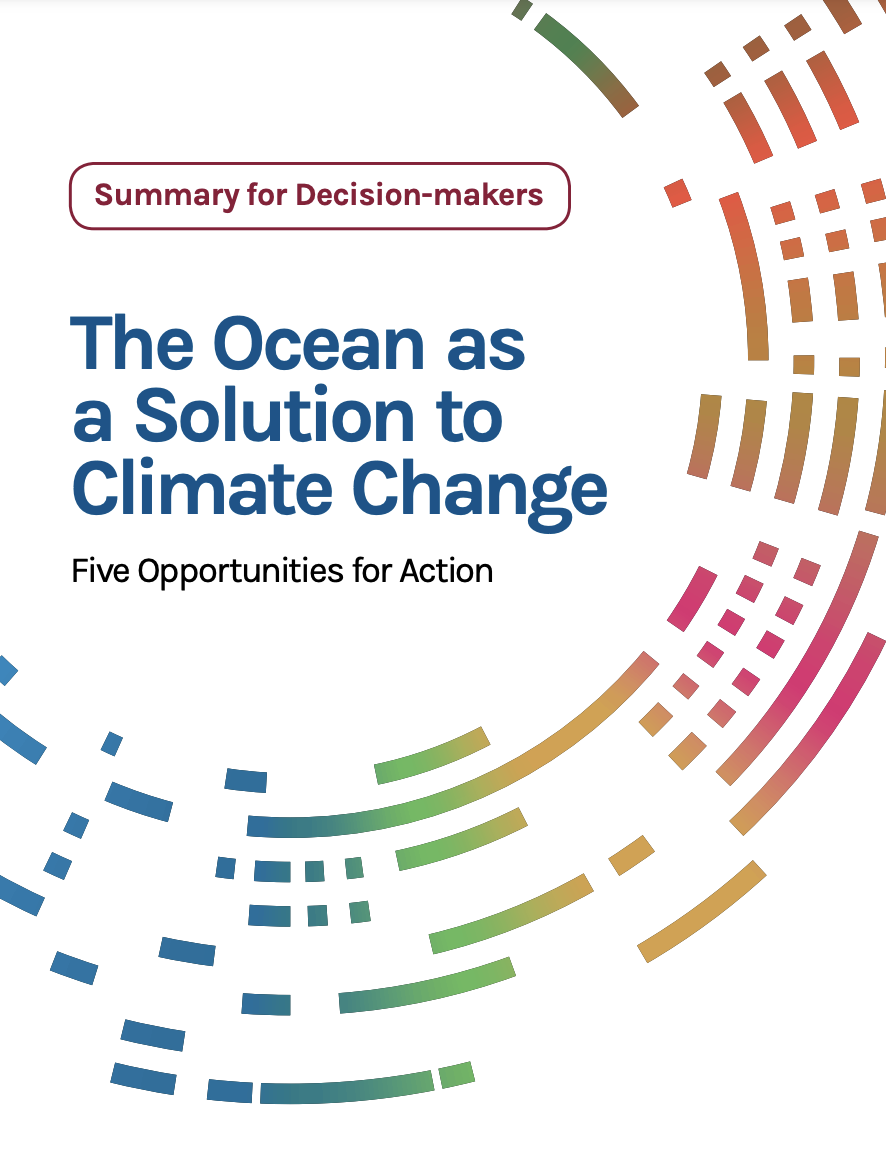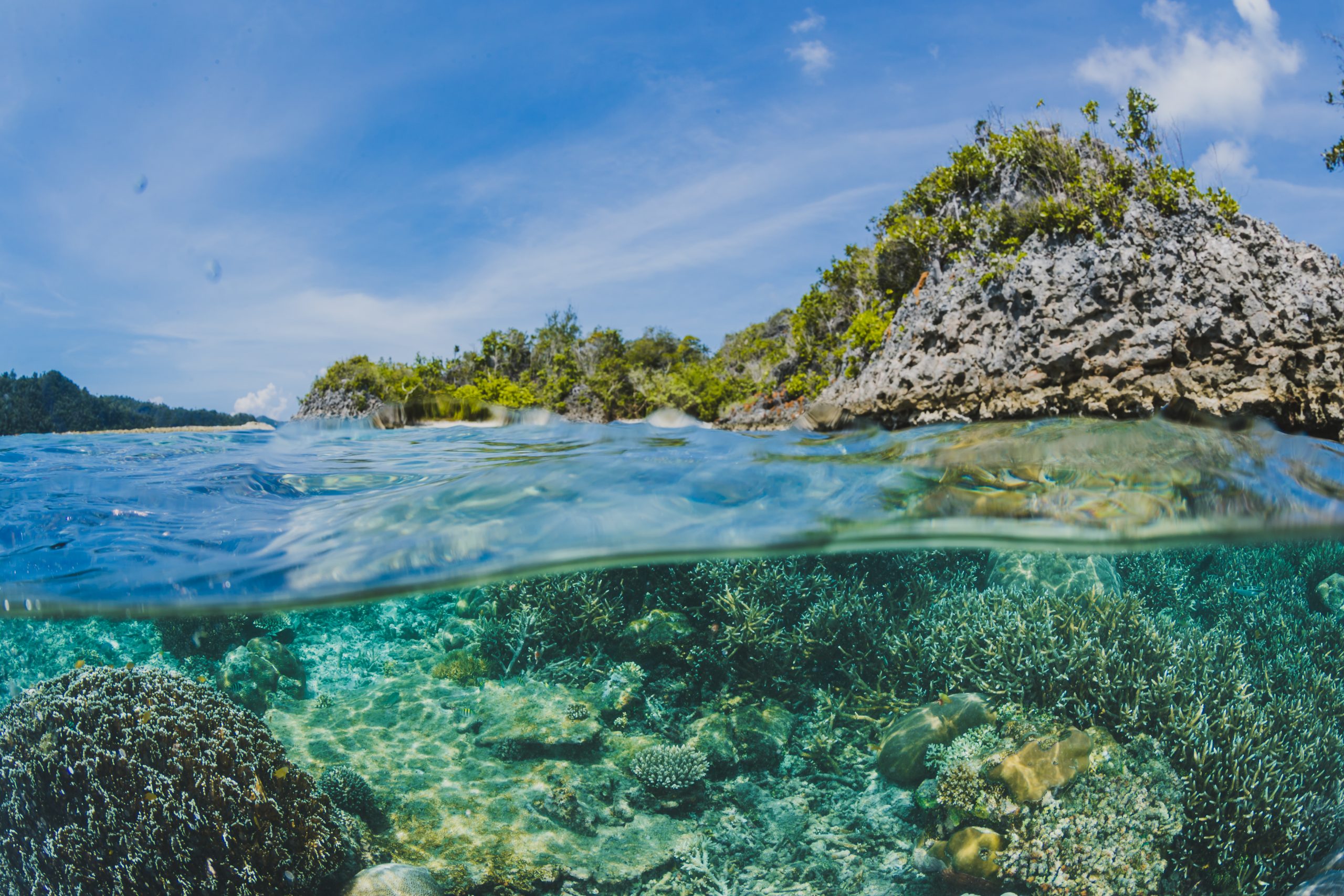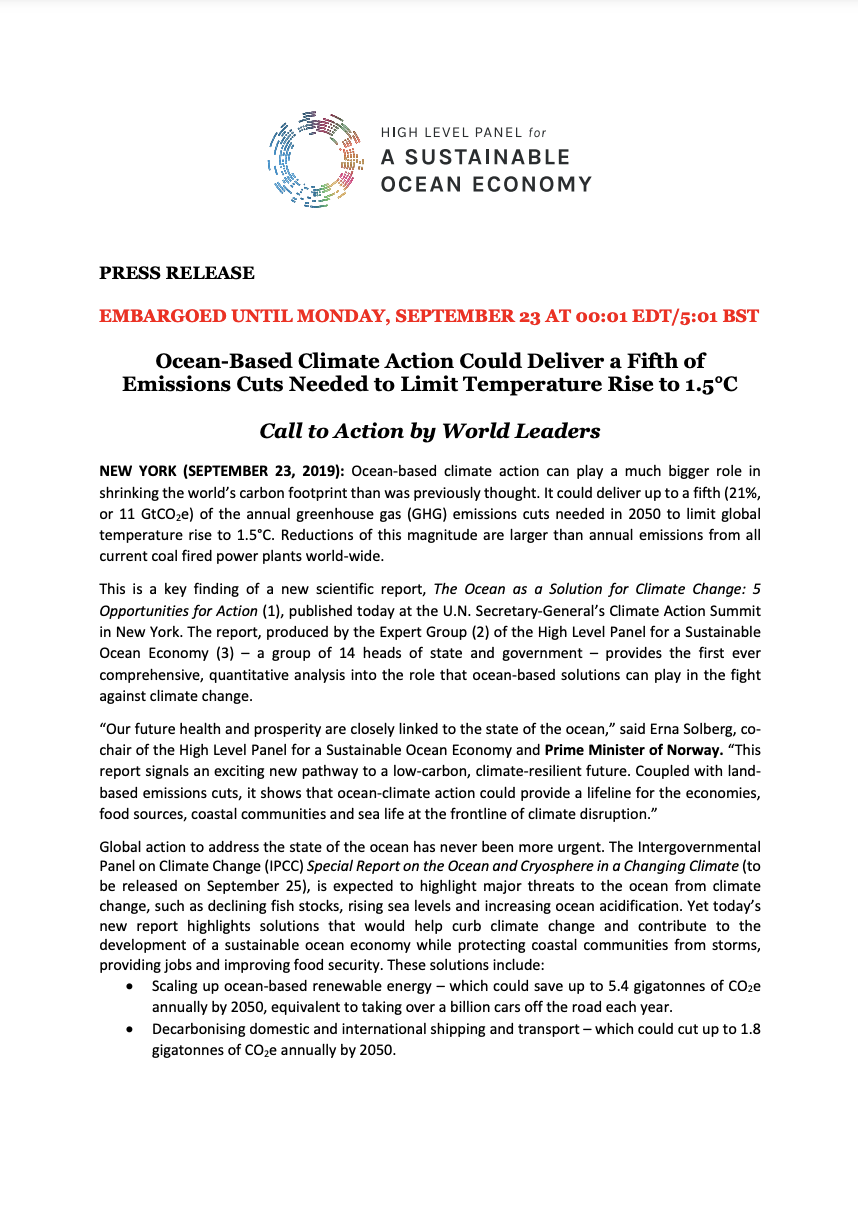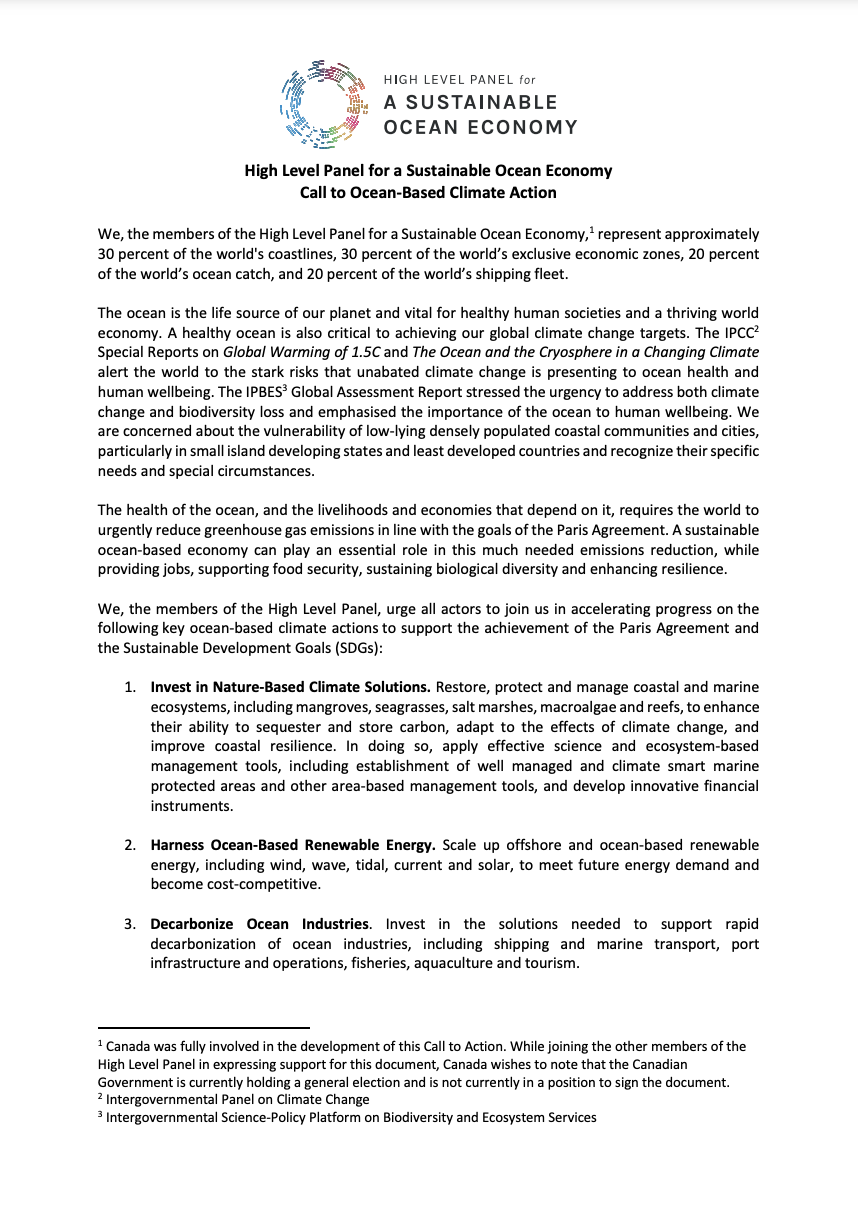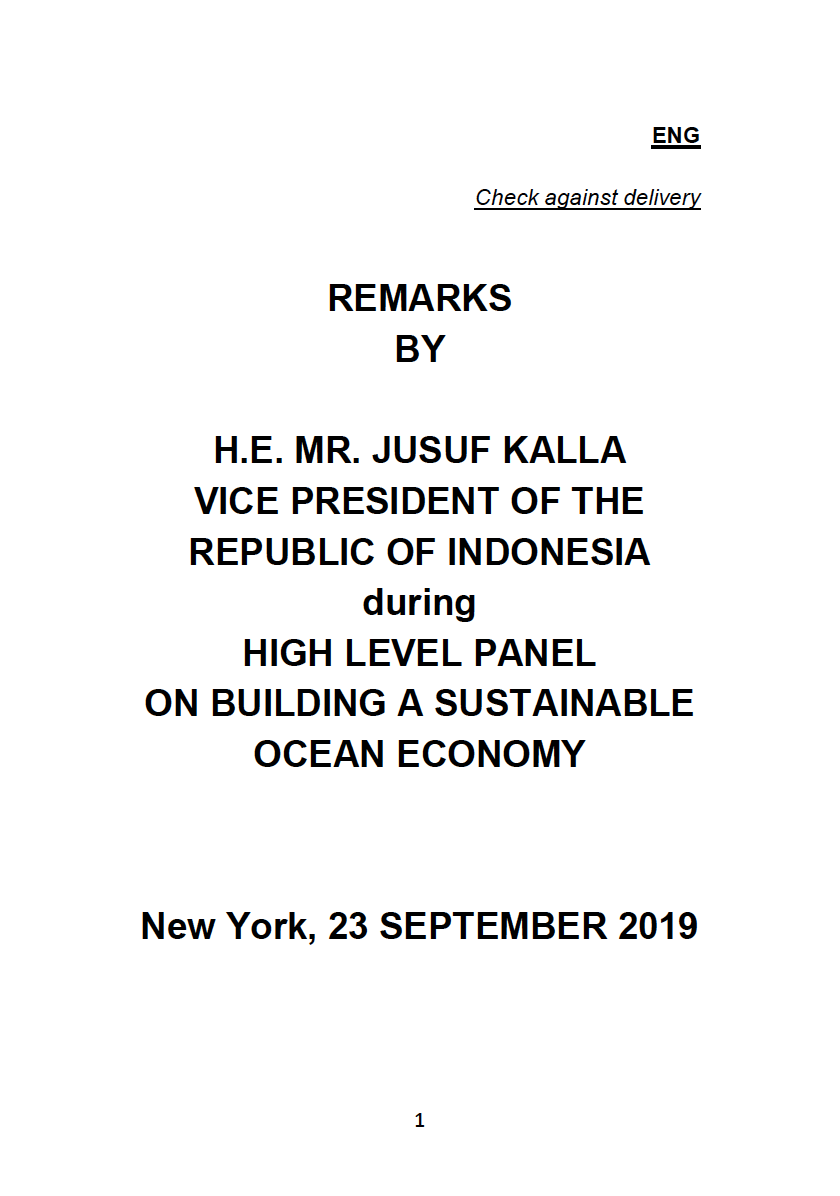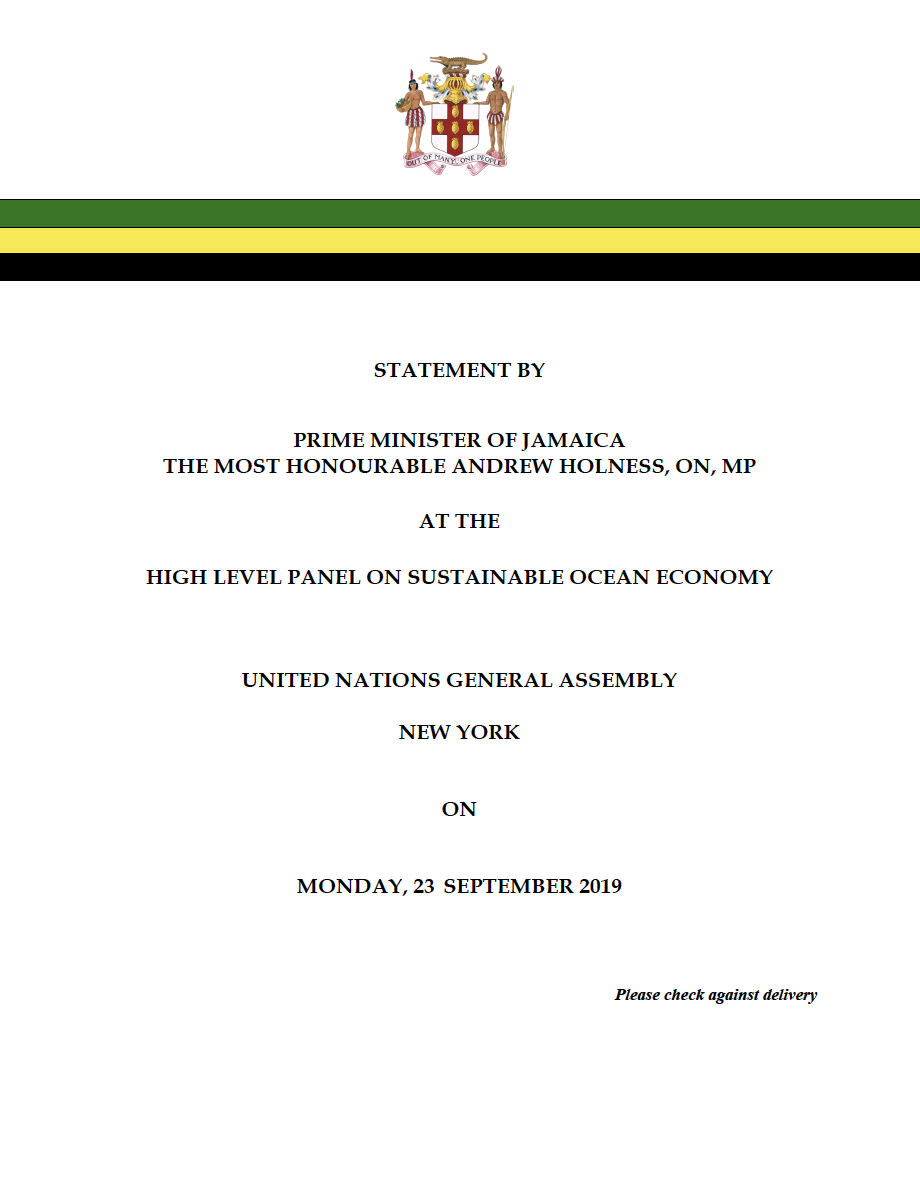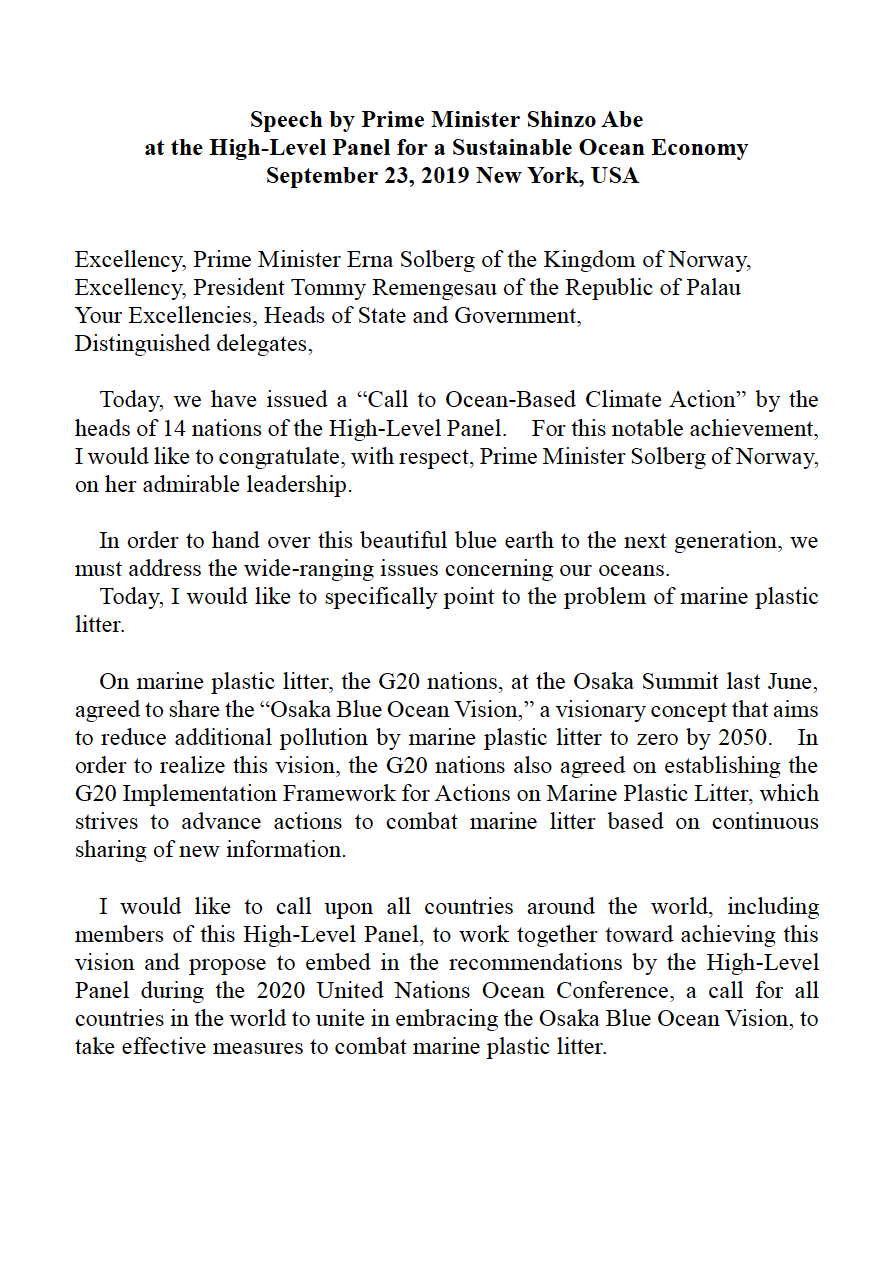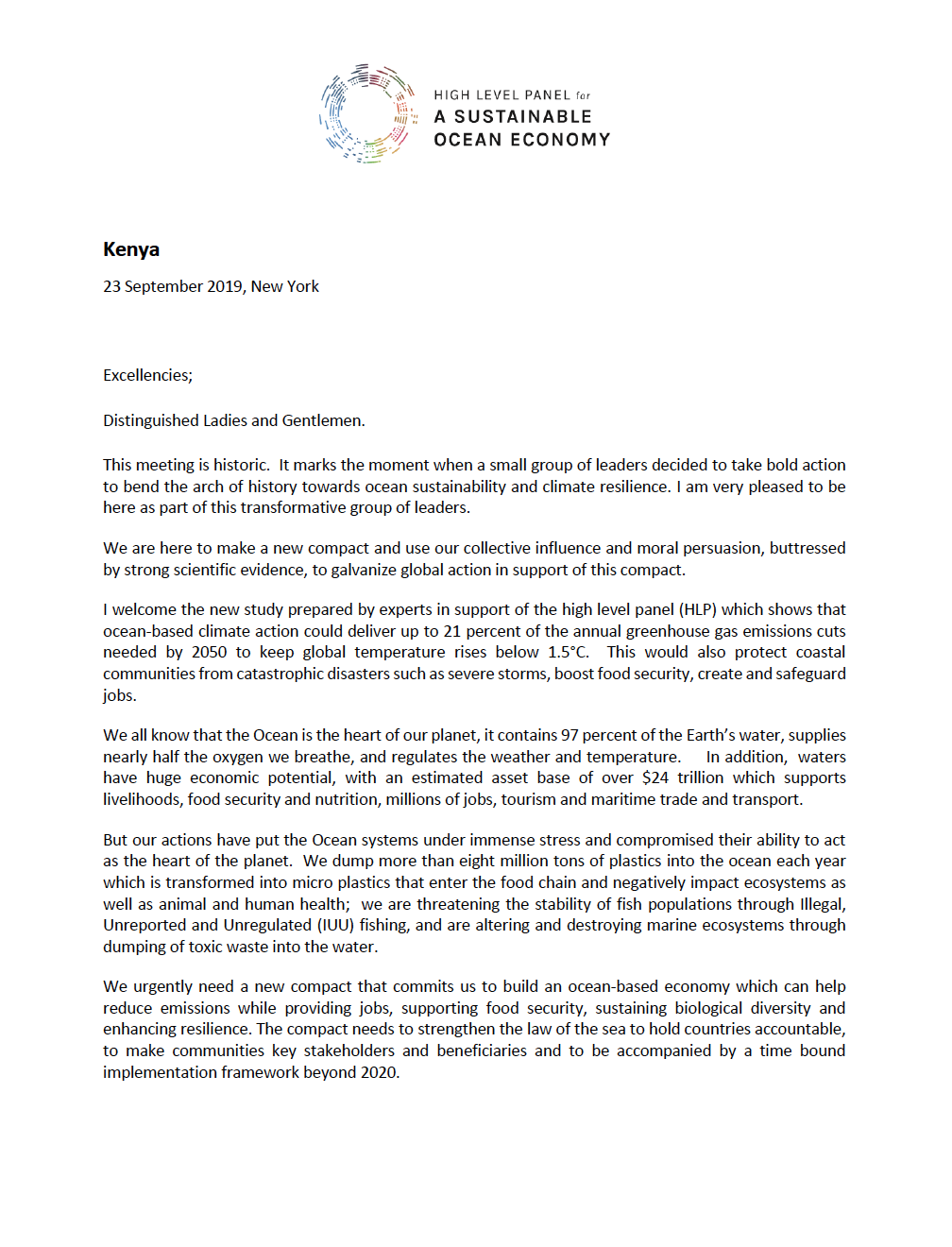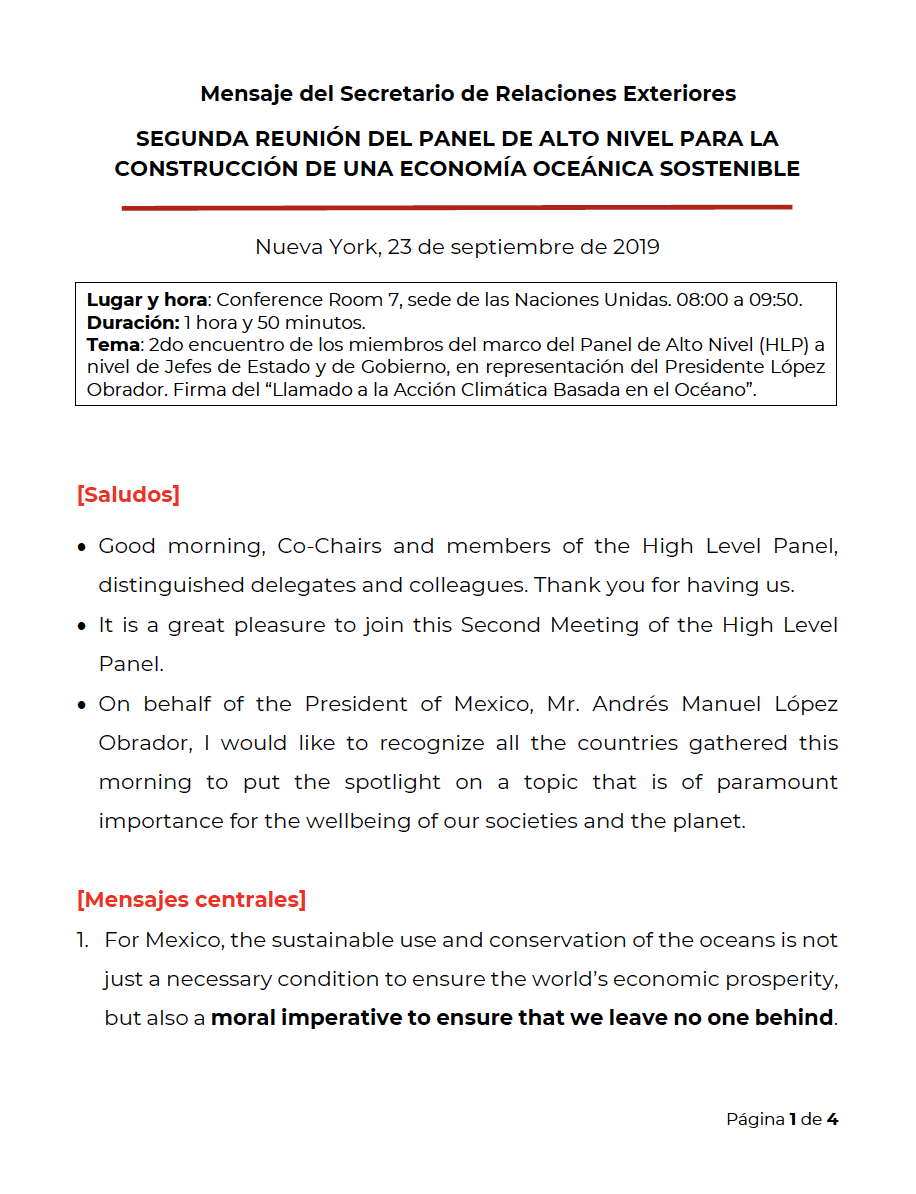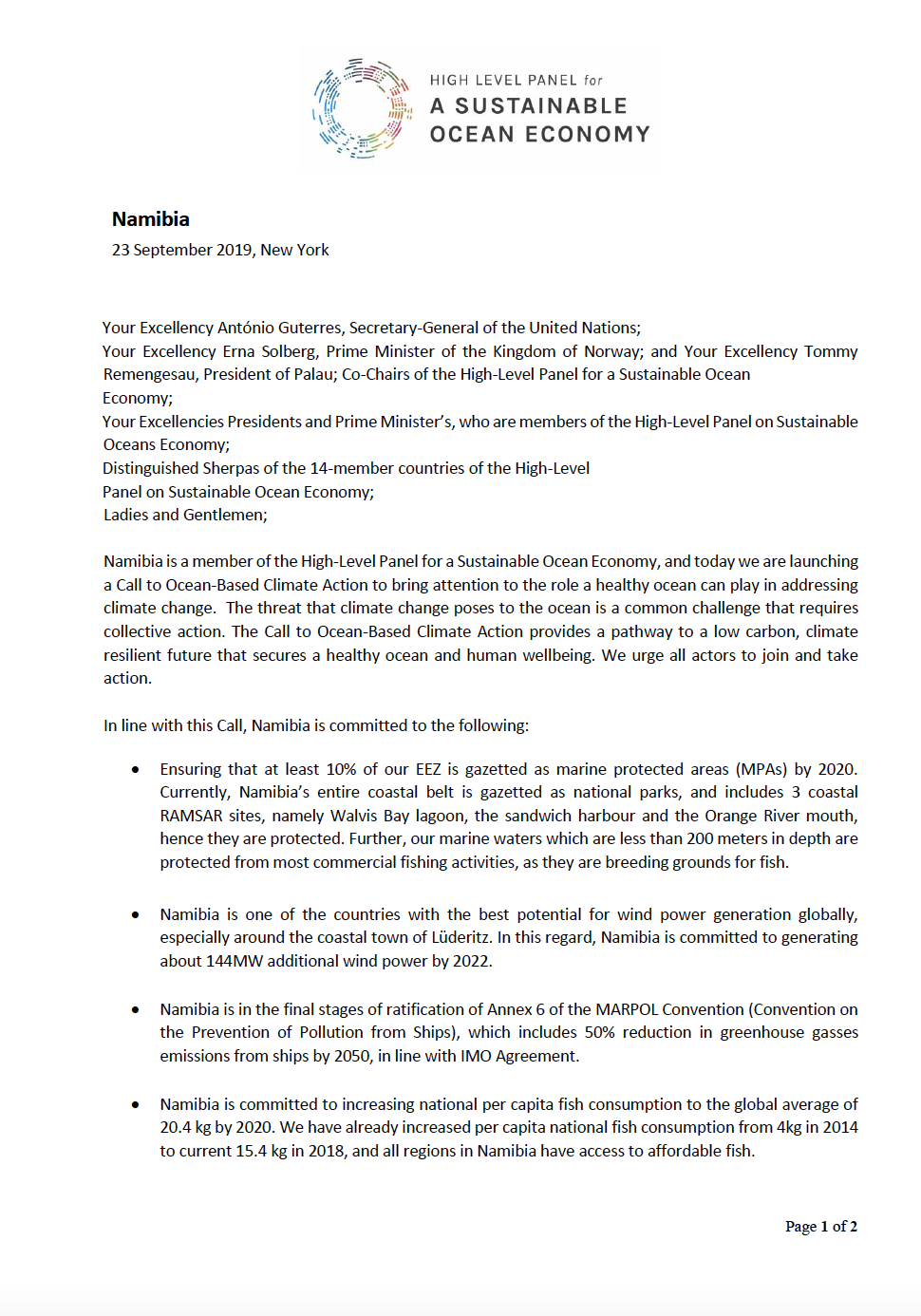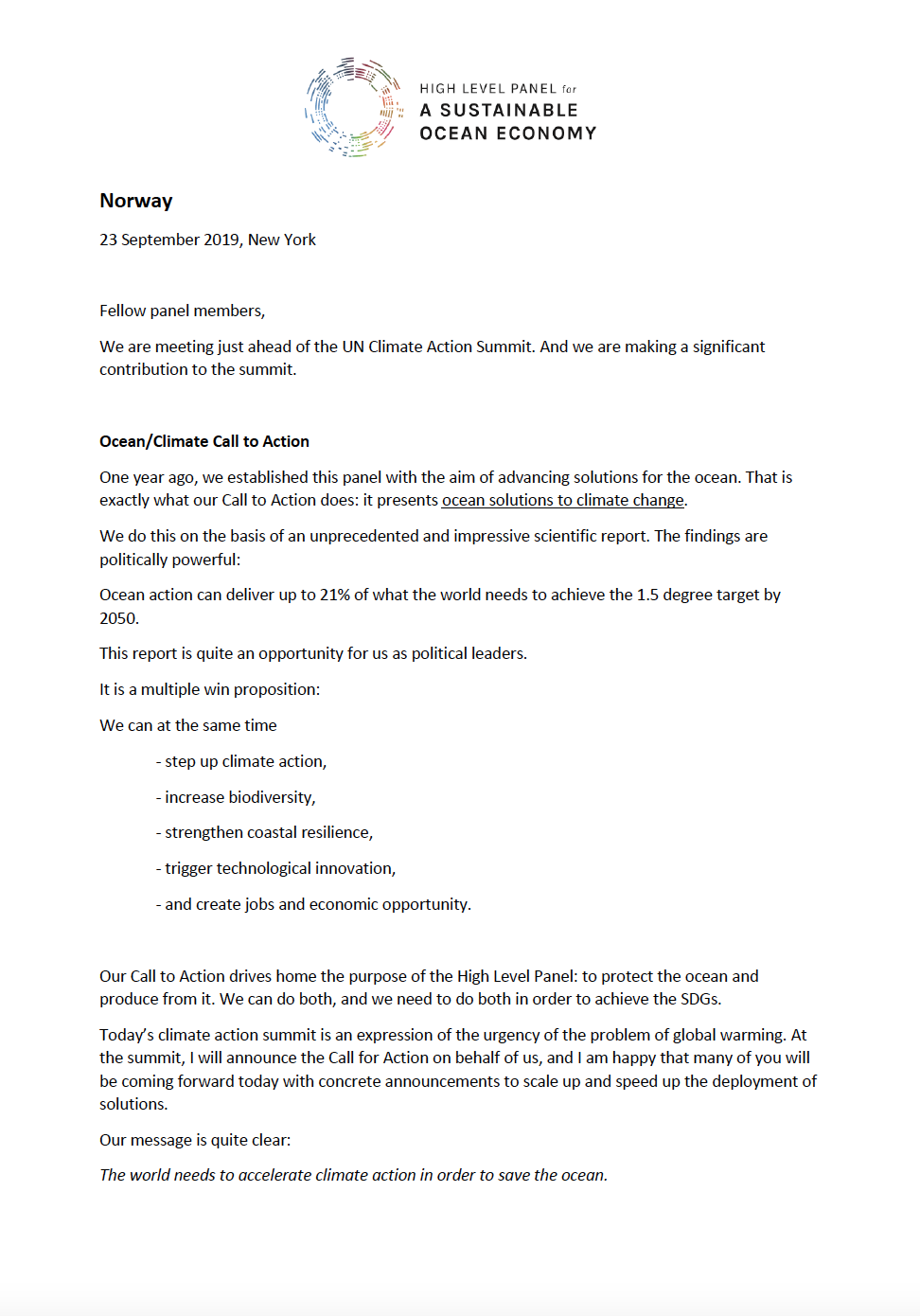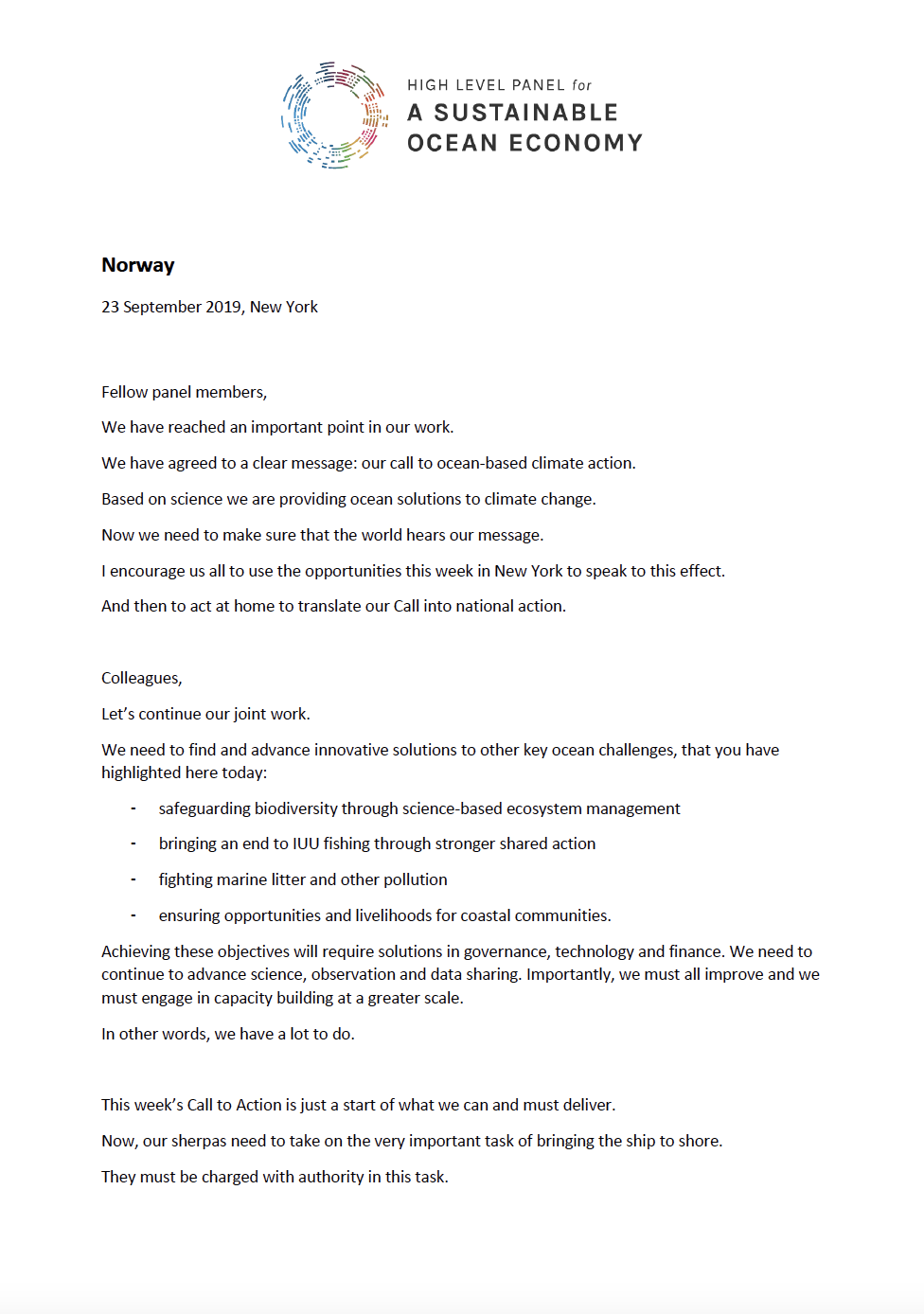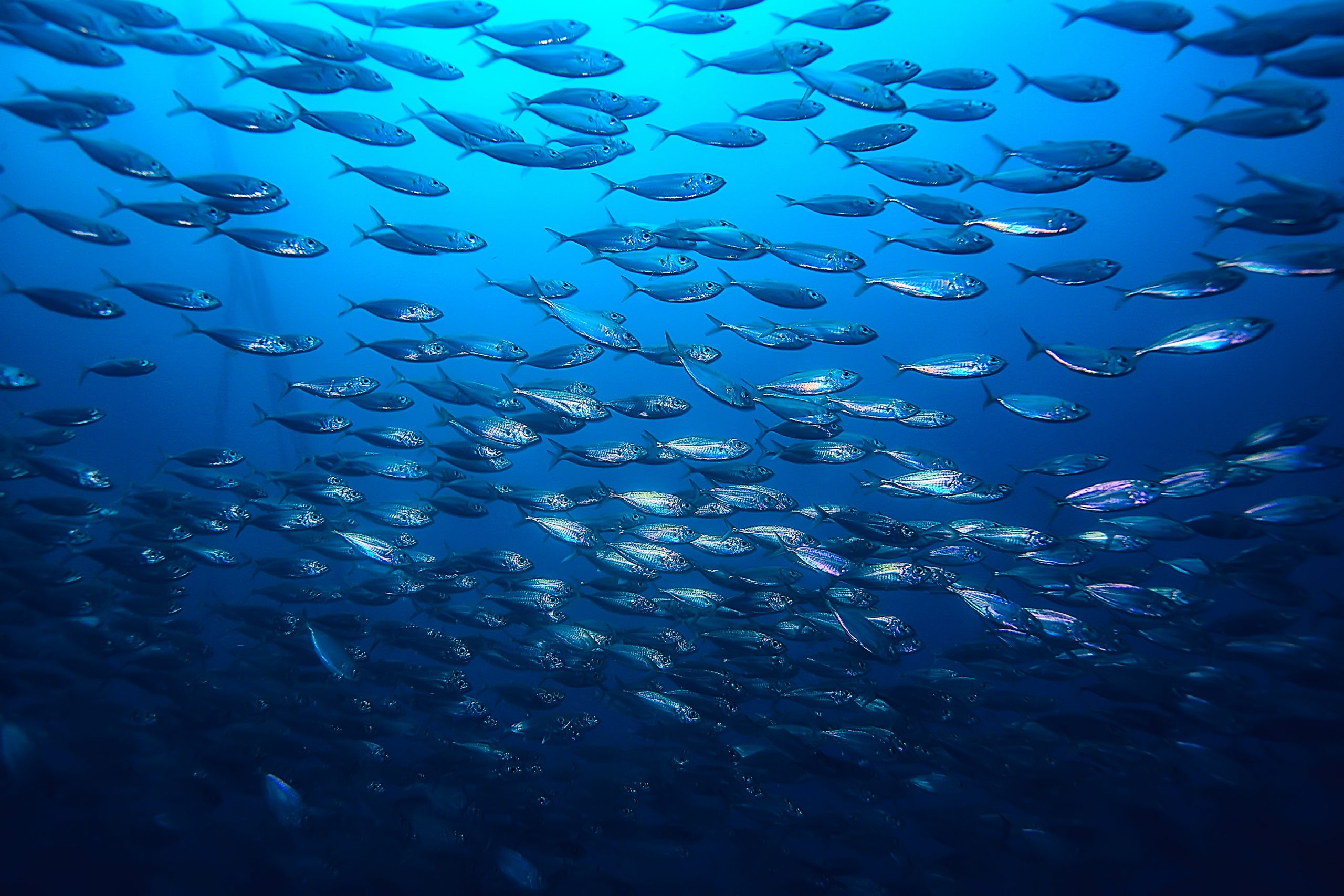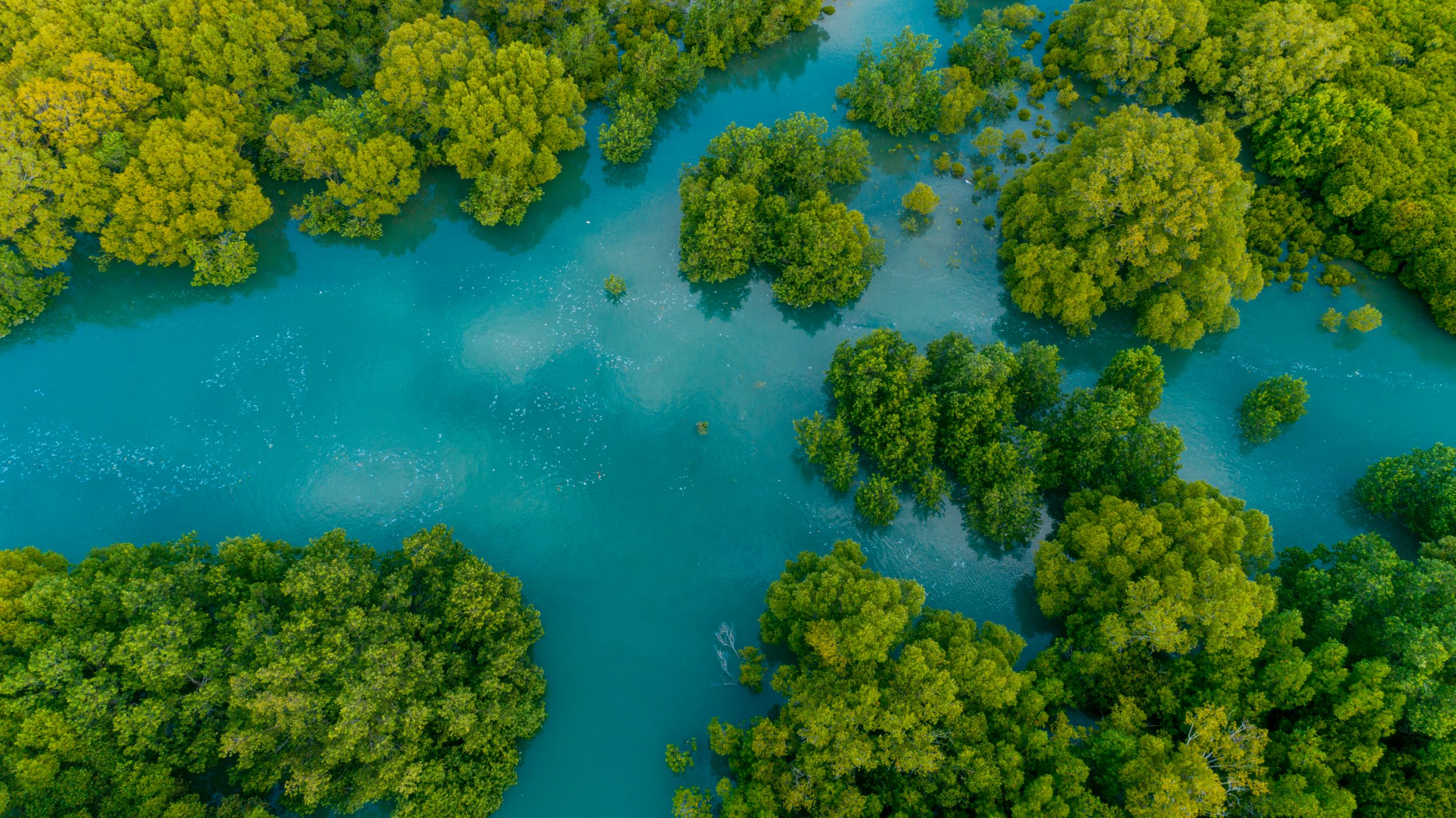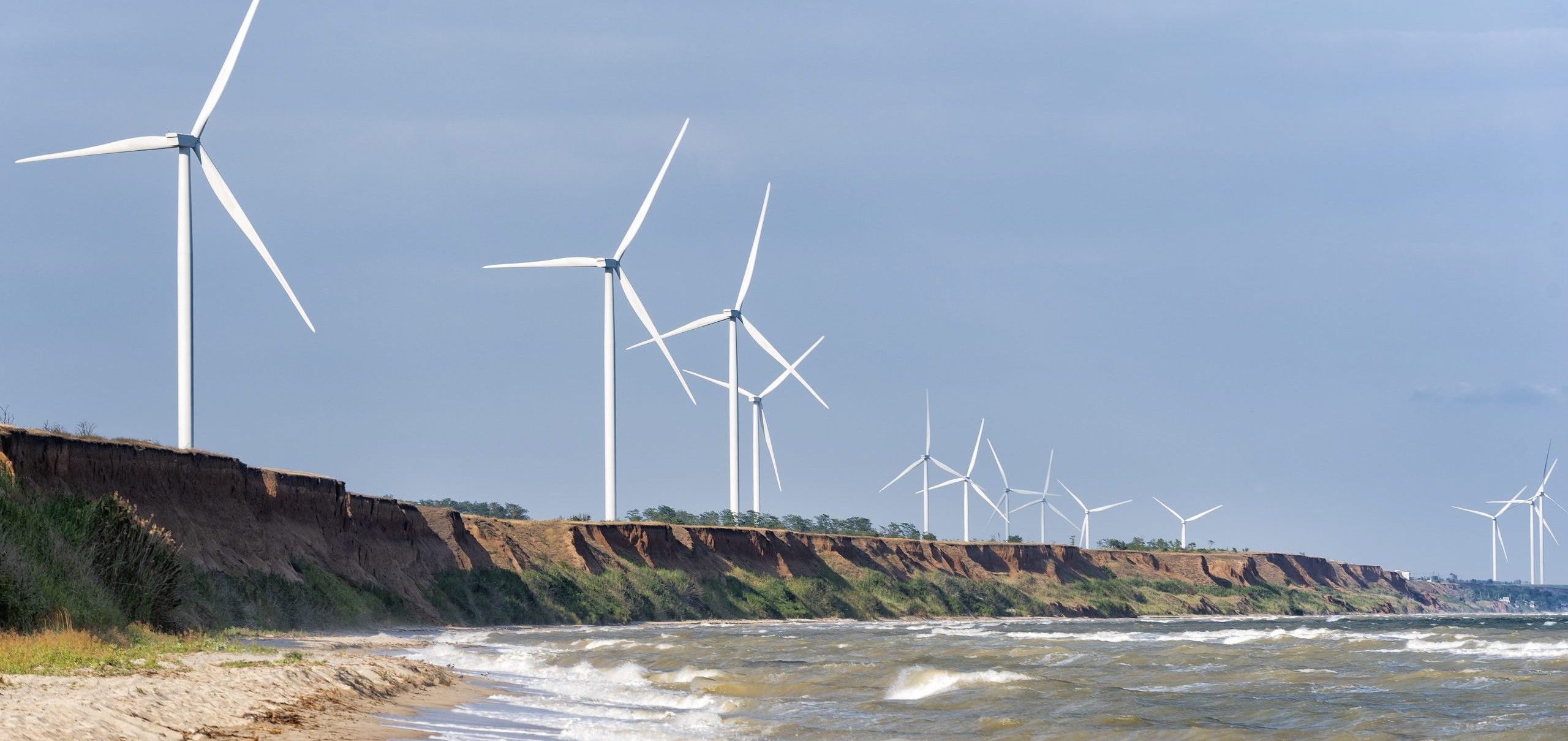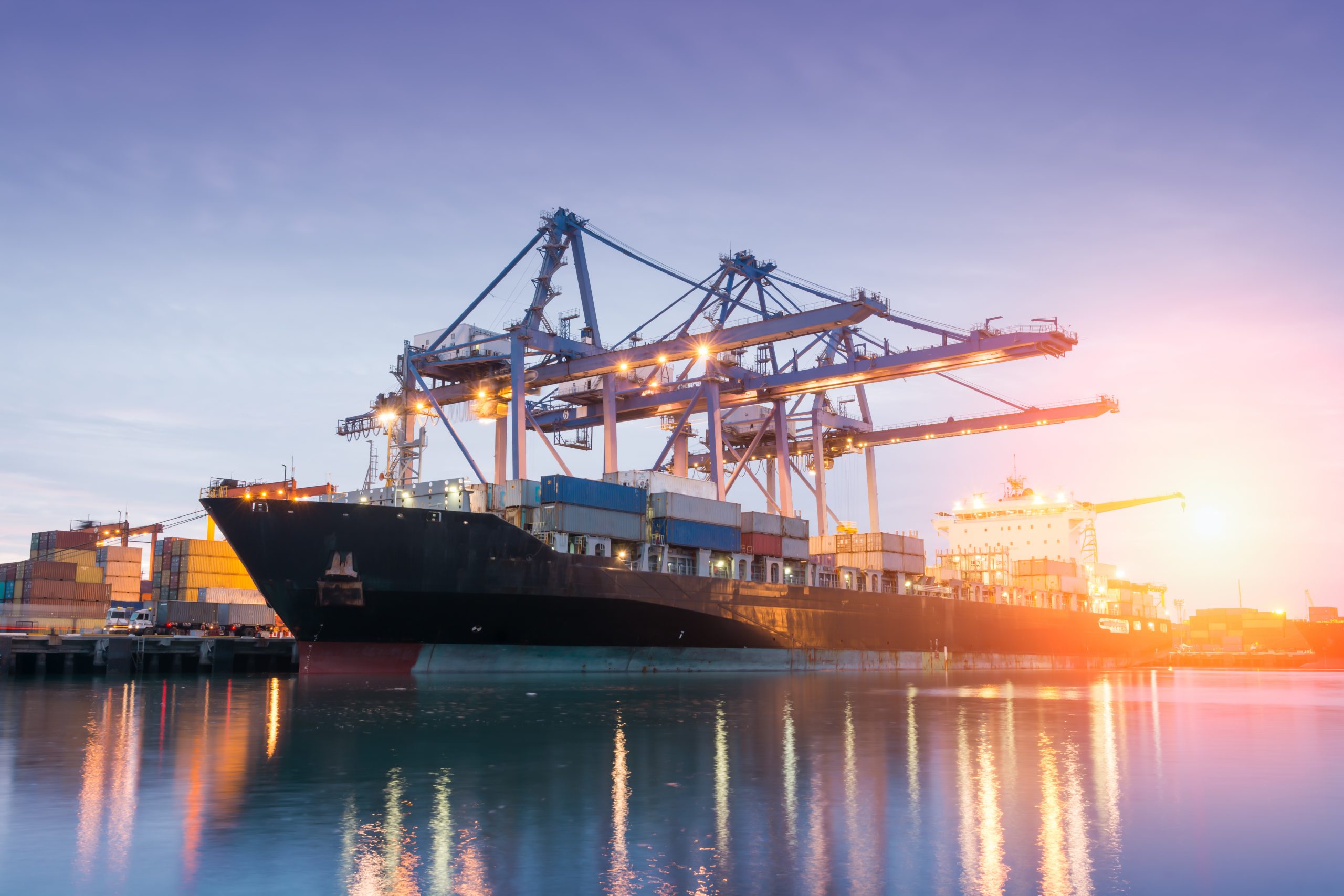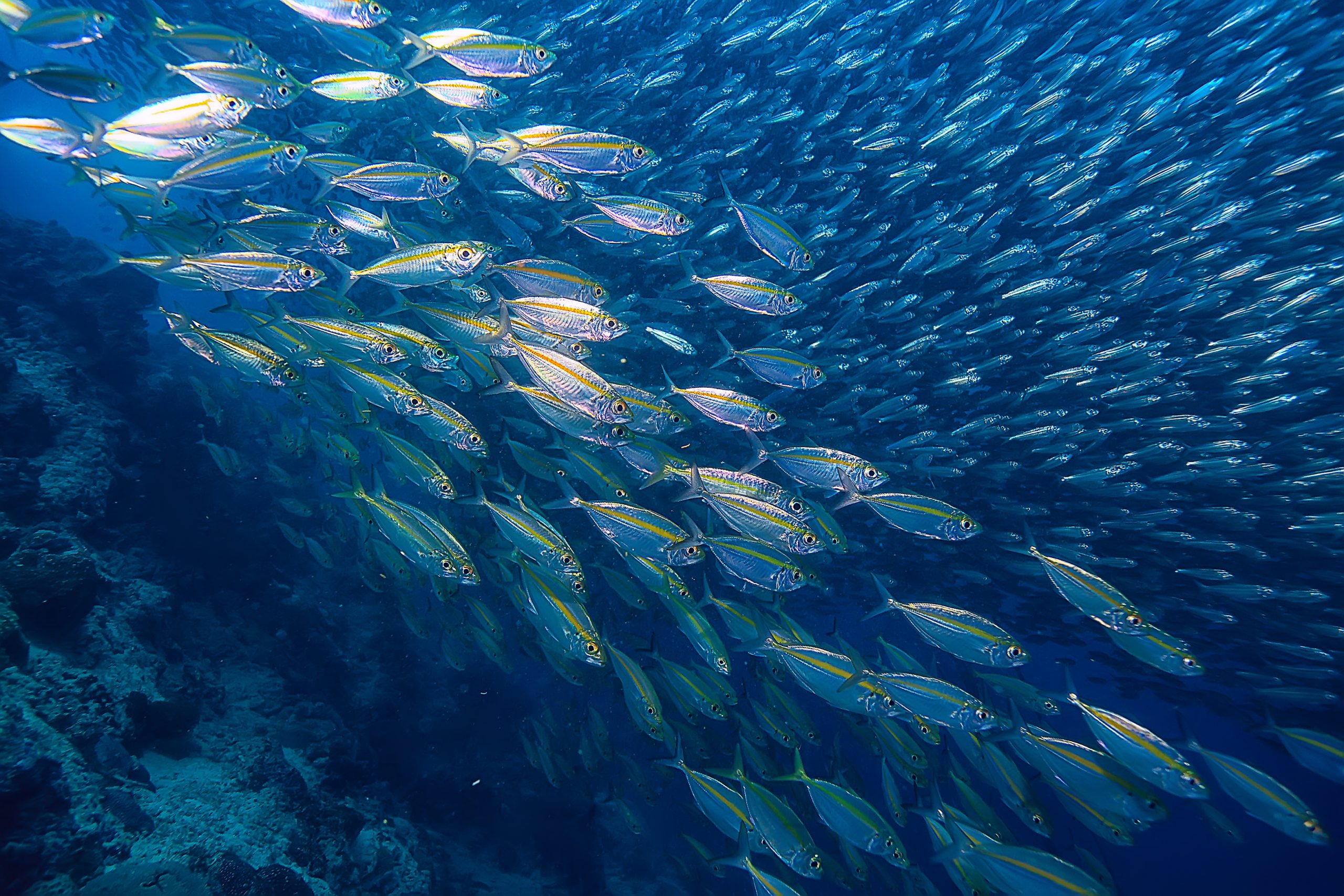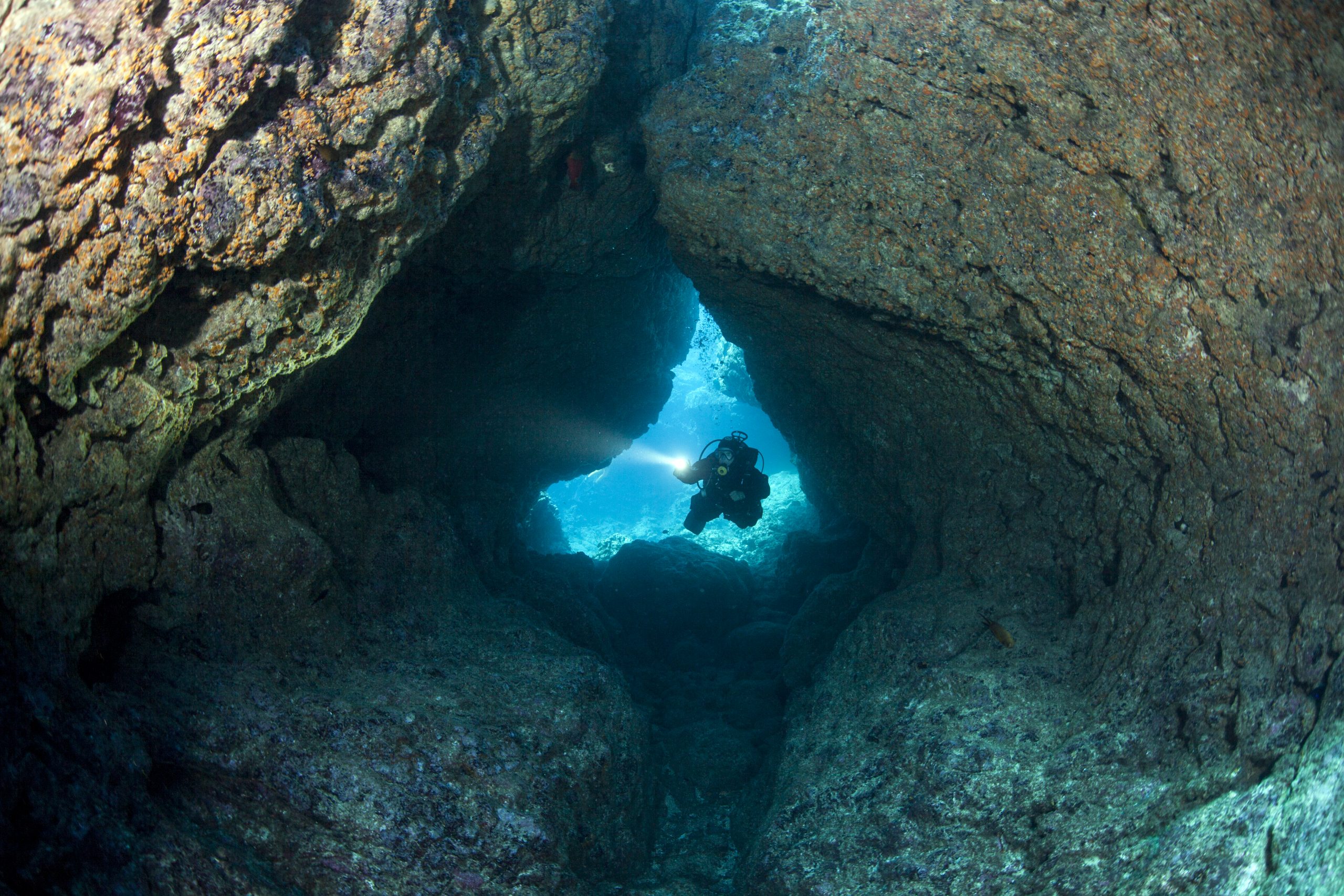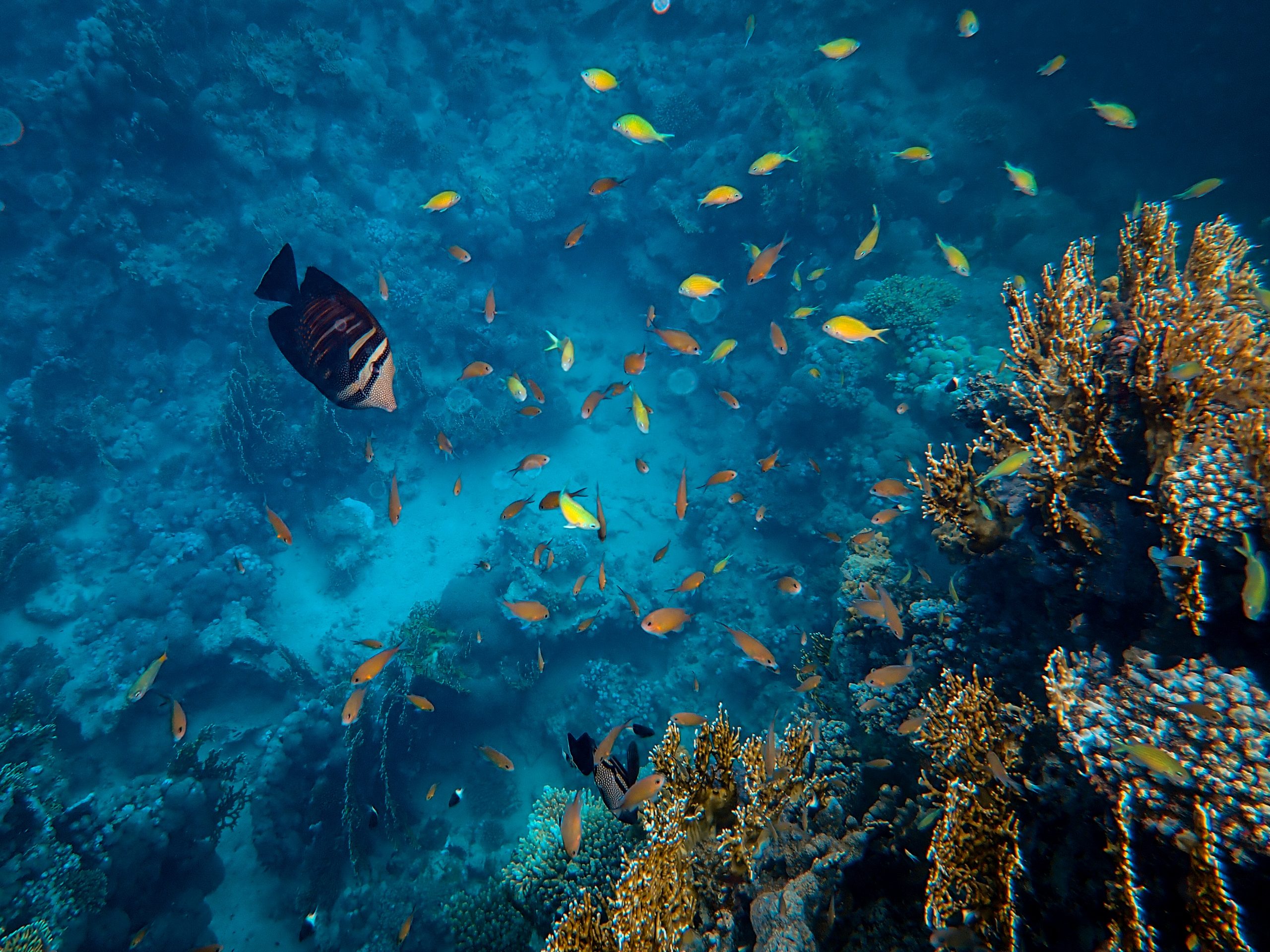The Pew Charitable Trusts
The Pew Charitable Trusts is launching a 3-year initiative to support countries to incorporate coastal wetlands and coral reefs into their National Determined Contributions (NDCs) under the Paris Agreement. They will work in partnership with governments, researchers and other NGOs.
“The High Level Panel’s Call to Ocean-Based Climate Action demonstrates the value of protecting coastal wetlands as a nature-based solution, which is integral to the global effort to build resilience and protect our ocean in a changing climate. Coastal habitats are among the planet’s most biologically rich ecosystems. They protect shorelines during storms and are critical for carbon sequestration, making them an important part of mitigation and adaptation efforts for countries that have signed the Paris Agreement.”
– Tom Dillon, Vice President and Head of Environment for The Pew Charitable Trusts
Ørsted and Equinor, two companies in the forefront of offshore renewable energy, have announced the creation of a new industry-led coalition to scale up ocean-based renewable energy in support of efforts to achieve the Paris Agreement. The coalition is bringing together leading ocean industry players and will present a roadmap for action at the UN Ocean Conference in June 2020.
“The only way we can combat climate change is by working together to take real action, and on behalf of Ørsted, and Equinor, two of the world-leading offshore wind developers, I am delighted to announce this new coalition for action for offshore renewable energy. The report reveals that ocean renewable energy, and in particular offshore wind energy, has a huge potential to help mitigate climate change, so we are looking forward to bringing industry players together, in response to the High Level Panel’s Call to Ocean-Based Action, to understand how we can take an international perspective to the challenges we will face and coordinate in our action to unlock the full potential of ocean renewable energy to prevent global overheating.”
– Benj Sykes, Vice President at Orsted and leading on the Coalition for Action for offshore renewable energy
Getting to Zero Coalition
The Getting to Zero Coalition will work with industry towards having commercially viable zero emission vessels operating along deep sea trade routes by 2030, supported by the necessary infrastructure for scalable zero-carbon energy sources including production, distribution, storage and bunkering.
“We support the Call to Ocean-Based Climate Action from the High Level Panel for a Sustainable Ocean Economy and agree that the full phaseout of GHG emissions from shipping will only be possible with the introduction of zero-carbon fuels. Hence, it is our ambition to accelerate the deployment of commercially viable deep-sea zero emission vessels by 2030.”
– Johannah Christensen, Managing Director, Global Maritime Forum, a partner of the Getting to Zero Coalition
The Seafood Business for Ocean Stewardship (SeaBOS) Initiative
The Seafood Business for Ocean Stewardship (SeaBOS) Initiative, representing ten of the largest seafood companies in the world, operating in wild capture fisheries, aquaculture, and feeds, will advance strategies to enhance sustainable fisheries, and investigate mechanisms to adapt to climate change impacts on seafood production. These industry leaders are working to refine science-based strategies for global action, aligned with the High Level Panel’s efforts to accelerate action to secure sustainable food from the ocean.
“The ambition of SeaBOS members is to increase the production of healthy and sustainable seafood, and to improve ocean health overall. The members recognise the positive benefits that eating more sustainably produced seafood can have at lowering the global food carbon footprint, as called for by the High Panel for a Sustainable Ocean Economy, and also note that it would have positive social and ecological impacts to have a healthier ocean. These efforts will help shine a light on the science-based solutions that industry will need to prioritise to increase sustainable seafood production, improve ocean health. Combined, those actions will assist in reducing the overall carbon footprint of protein production and food sources globally.”
– Mr Shigeru Ito, Chairman SeaBOS, also CEO and President Maruha Nichiro Corporation
The Chilean Salmon Aquaculture Association (SalmonChile AG)
The Chilean Salmon Aquaculture Association (SalmonChile AG) has called for an industry-wide initiative aimed at reducing by 50% the use of antibiotics by the year 2025 and monitored by the prestigious Monterey Bay Aquarium Seafood Watch Program.
The Chilean National Society of Fisheries (SONAPESCA
The Chilean National Society of Fisheries (SONAPESCA) has called for a sustainability certification of the largest Chilean fishery, the Jack-Mackerel, under the strict standard of the Marine Stewardship Council (MSC), with the view of making it the largest certified fishery in Latin America.
The Chilean Salmon Aquaculture Association (SalmonChile AG)
The Chilean Salmon Aquaculture Association (SalmonChile AG) has highlighted the objective of reaching 50% carbon neutrality by 2020 and 100% by 2025 of its member company “Salmones Camanchaca”, setting an example of leadership for other companies to follow.
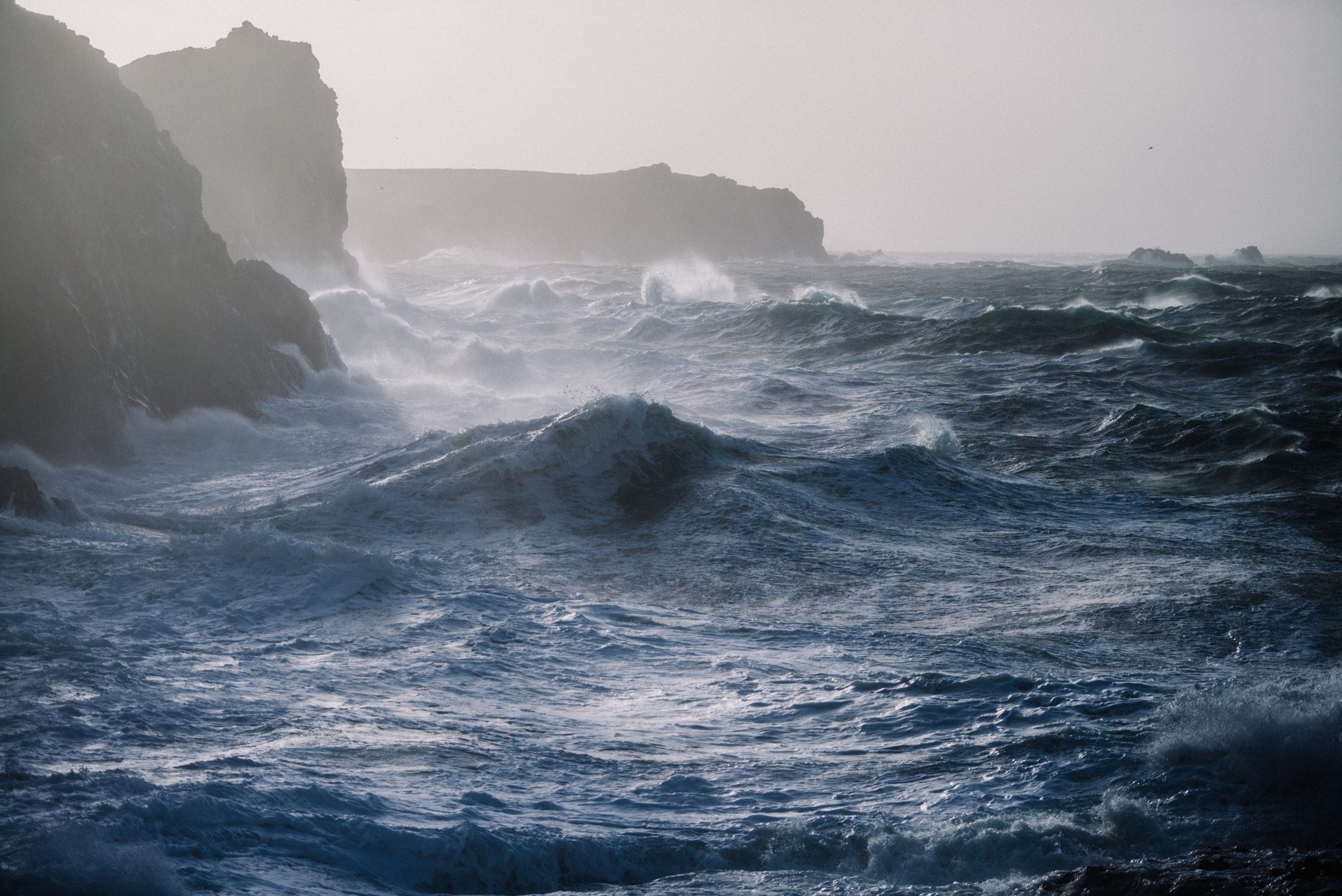


 Previous
Previous
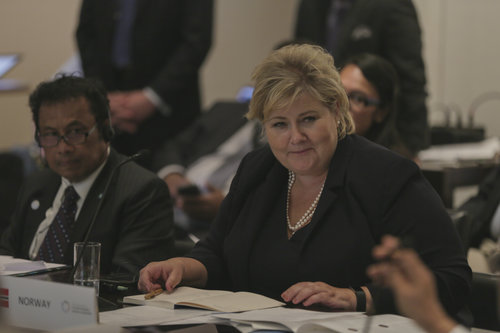
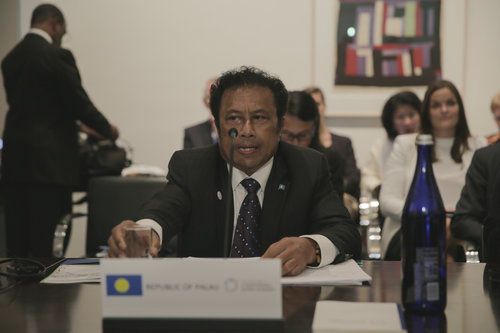
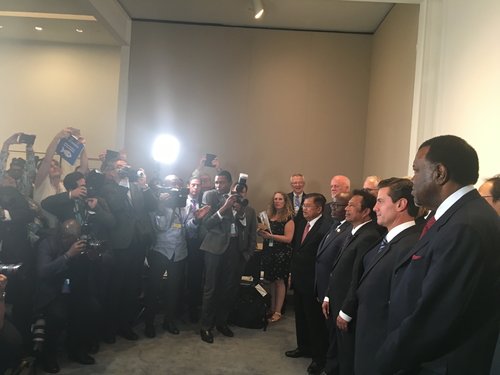
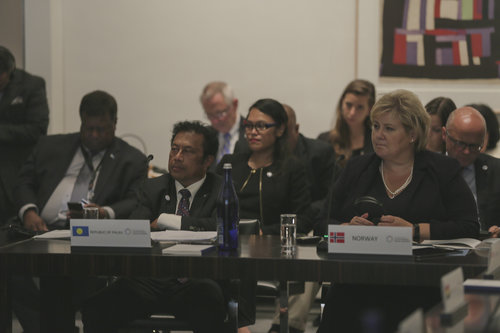
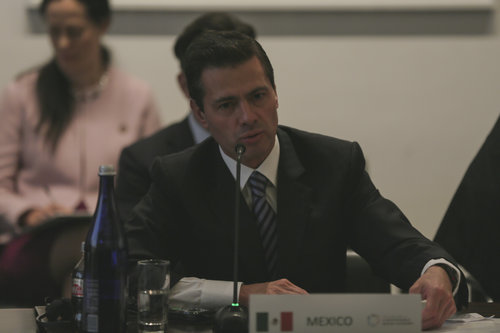
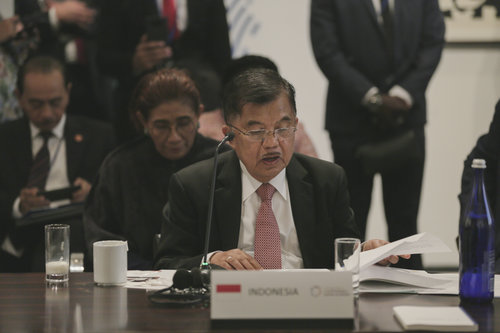
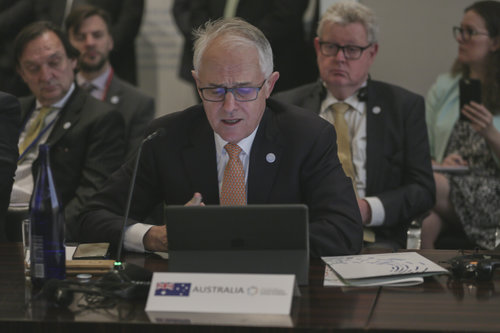
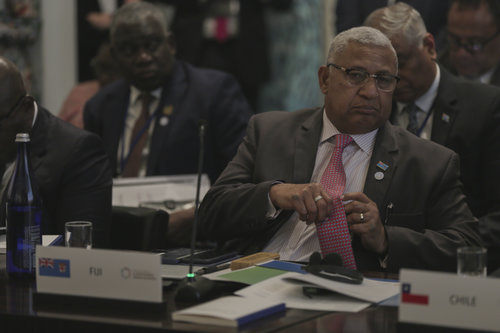
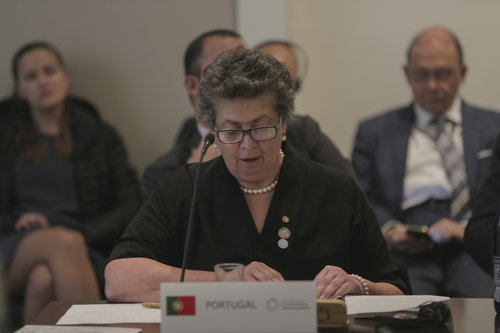
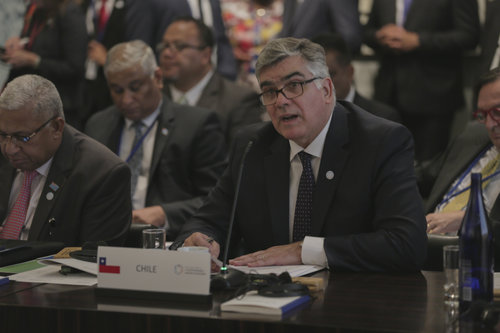
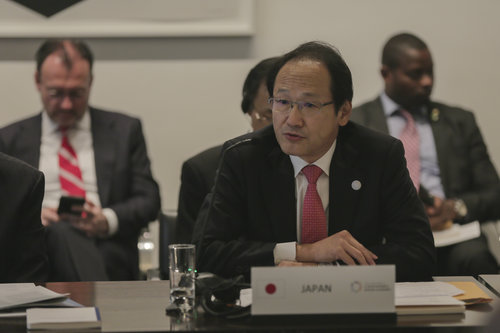

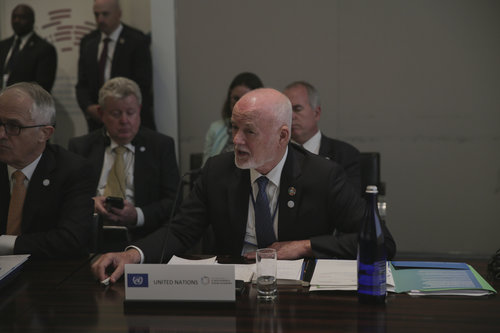
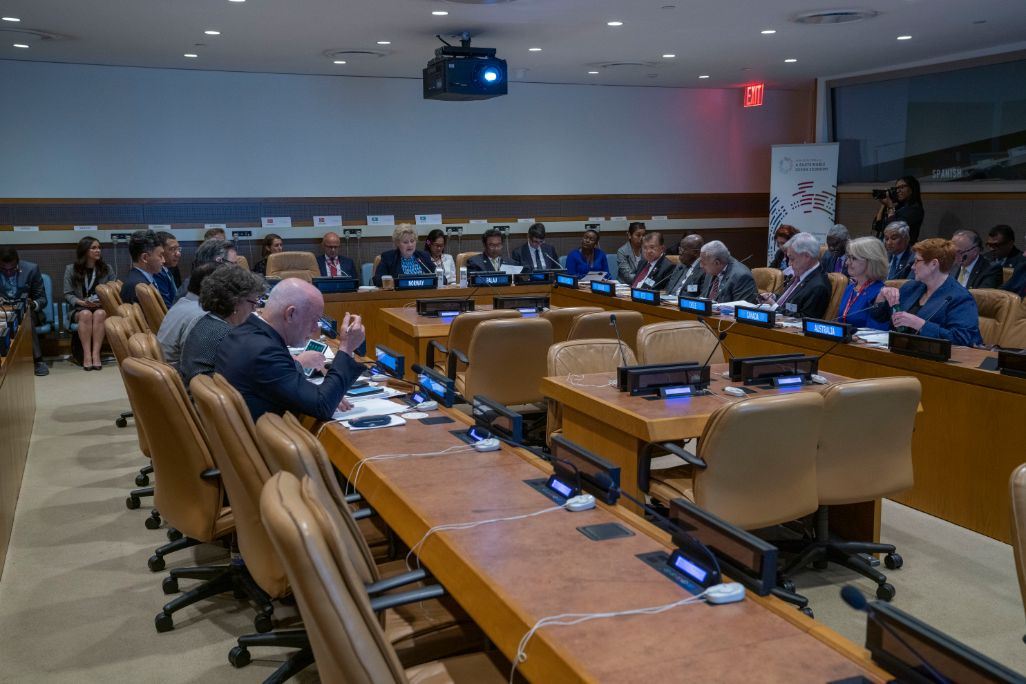
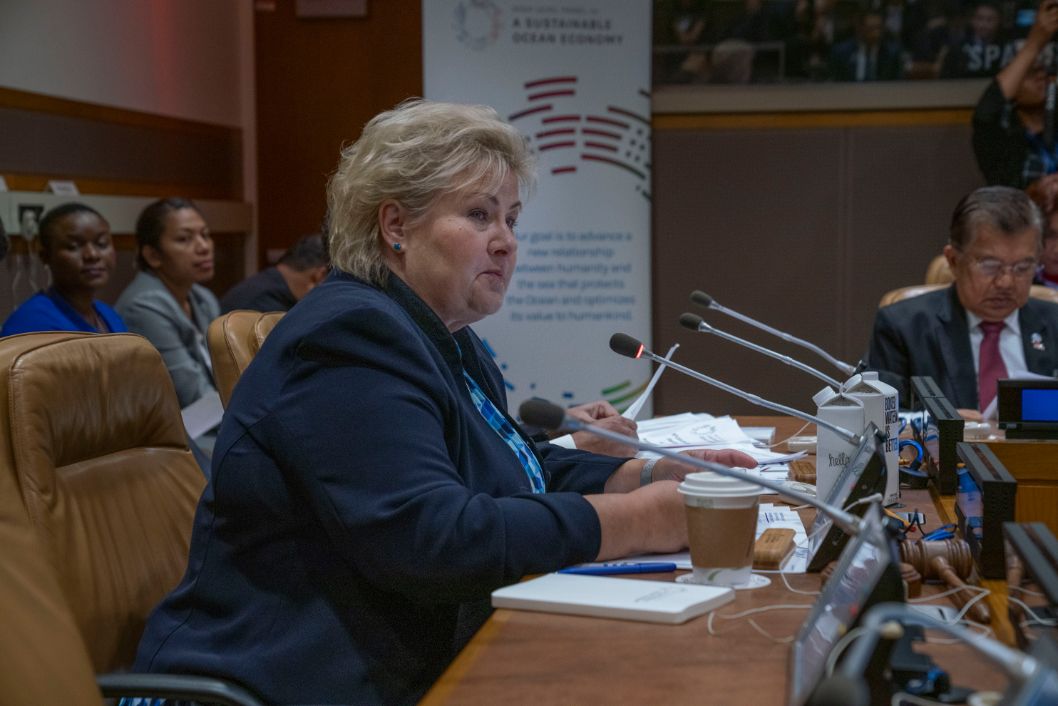
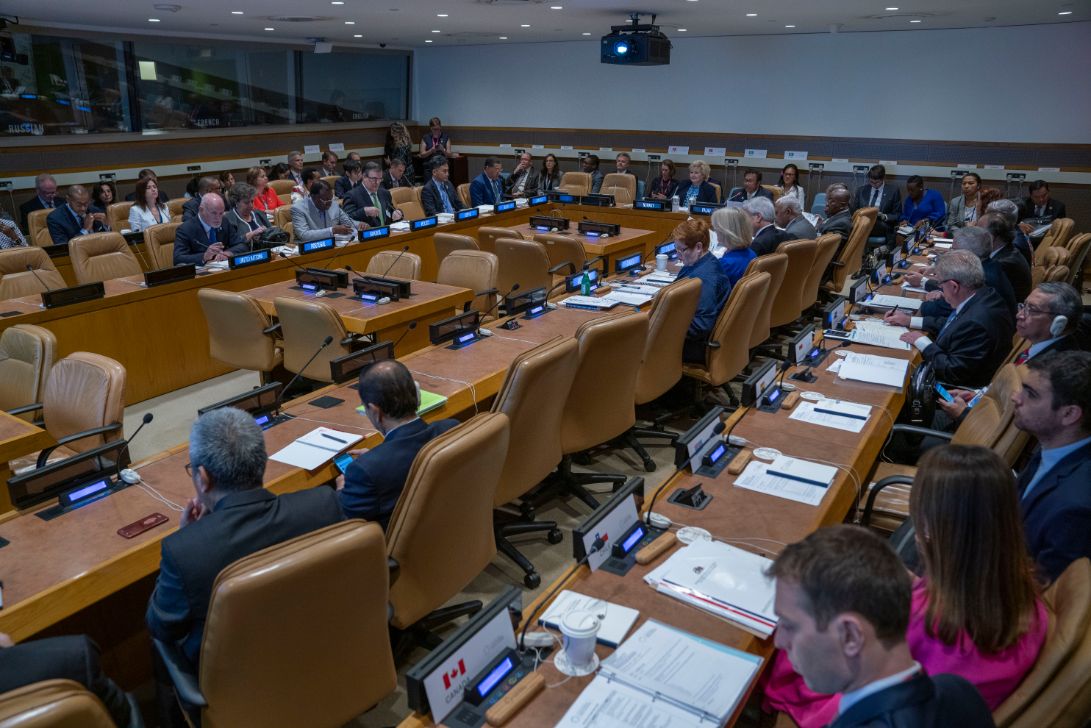
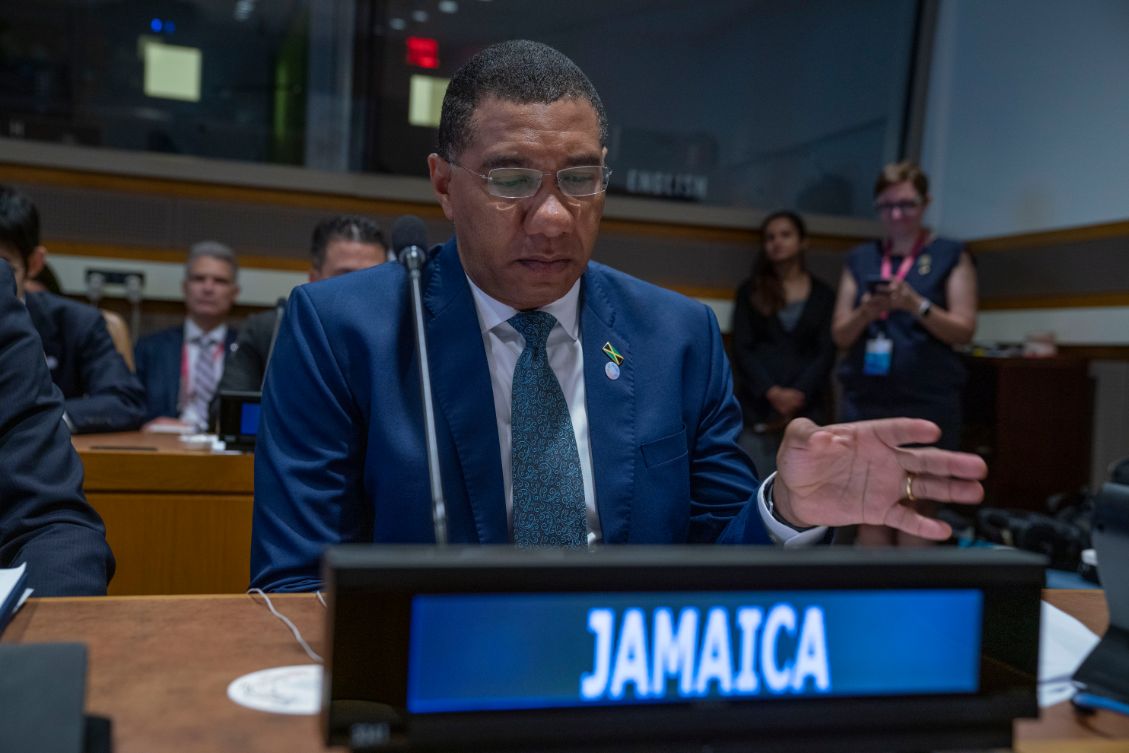
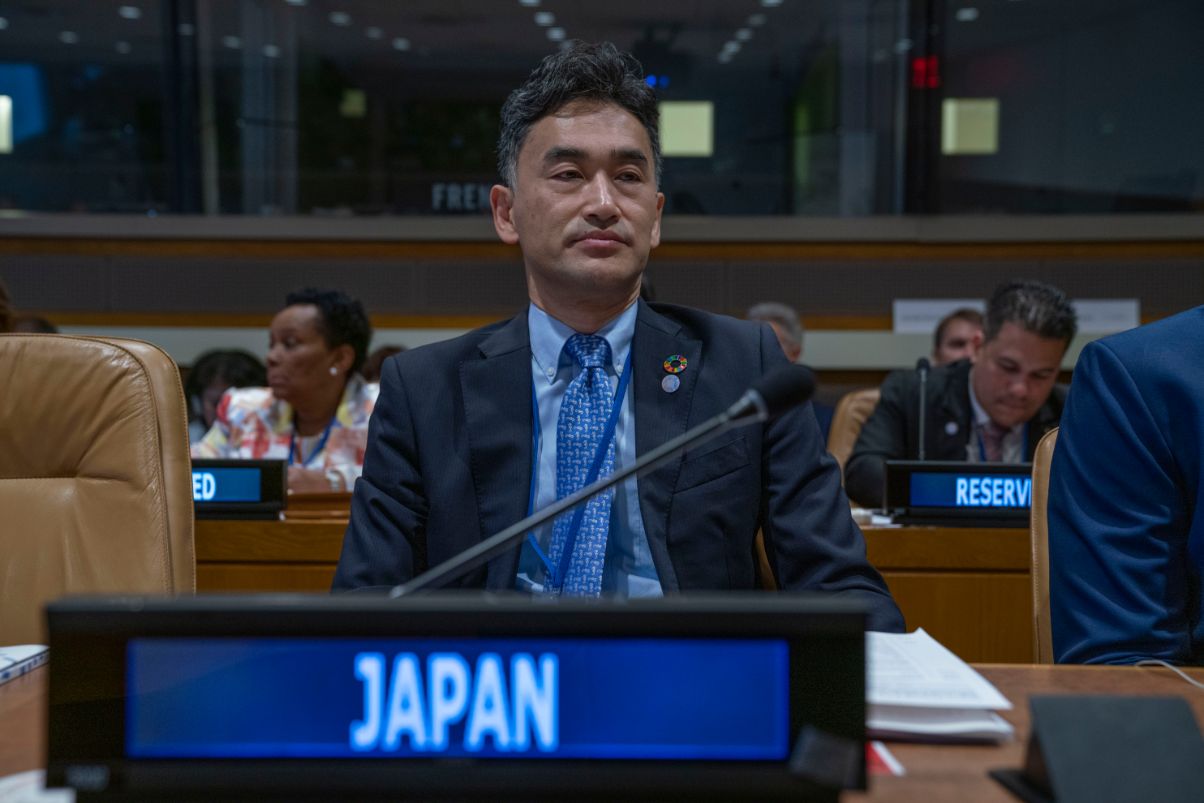
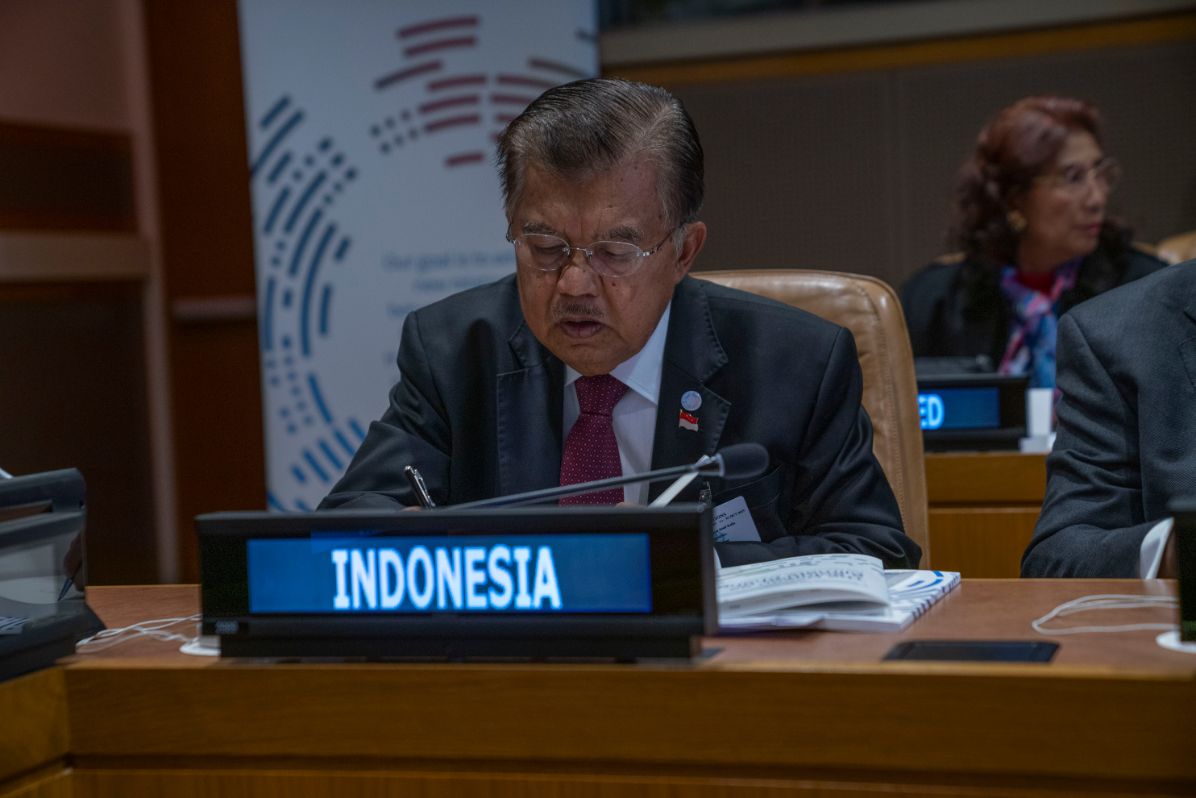
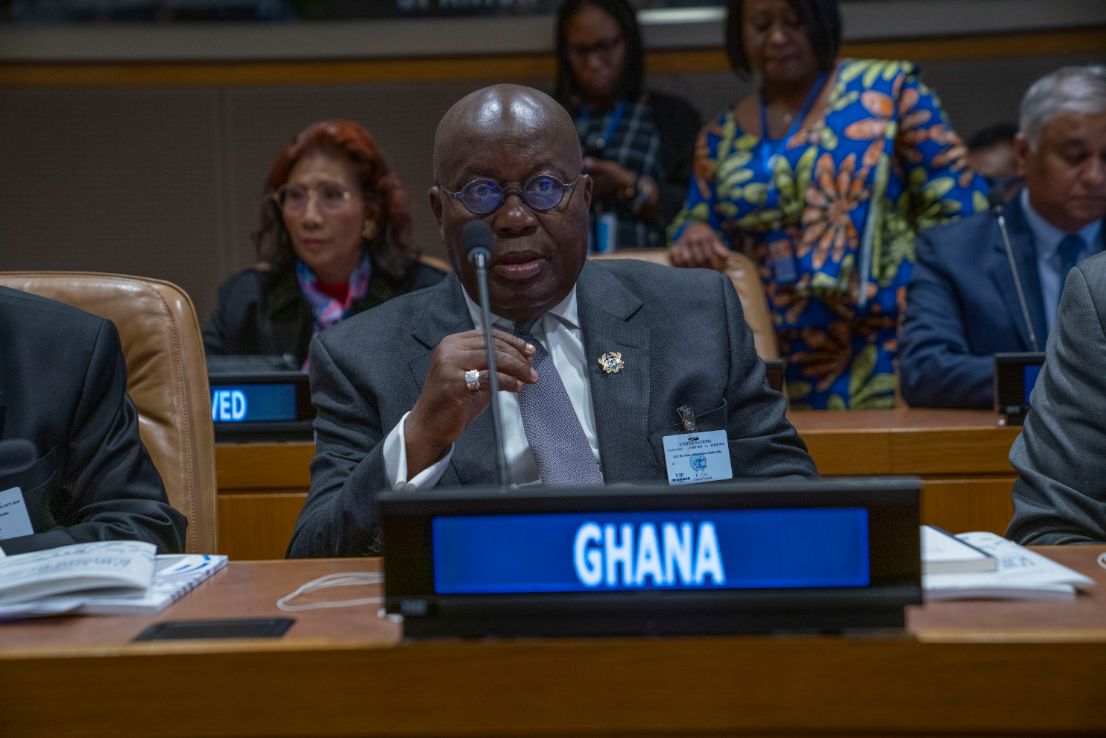
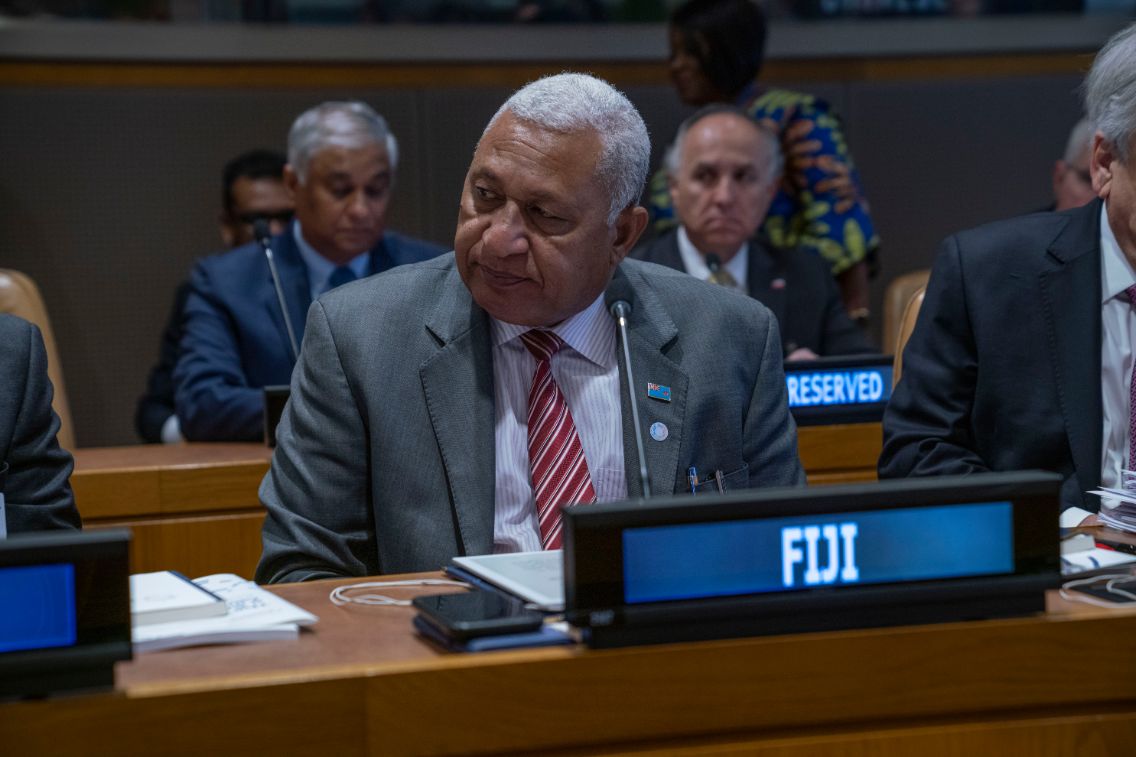
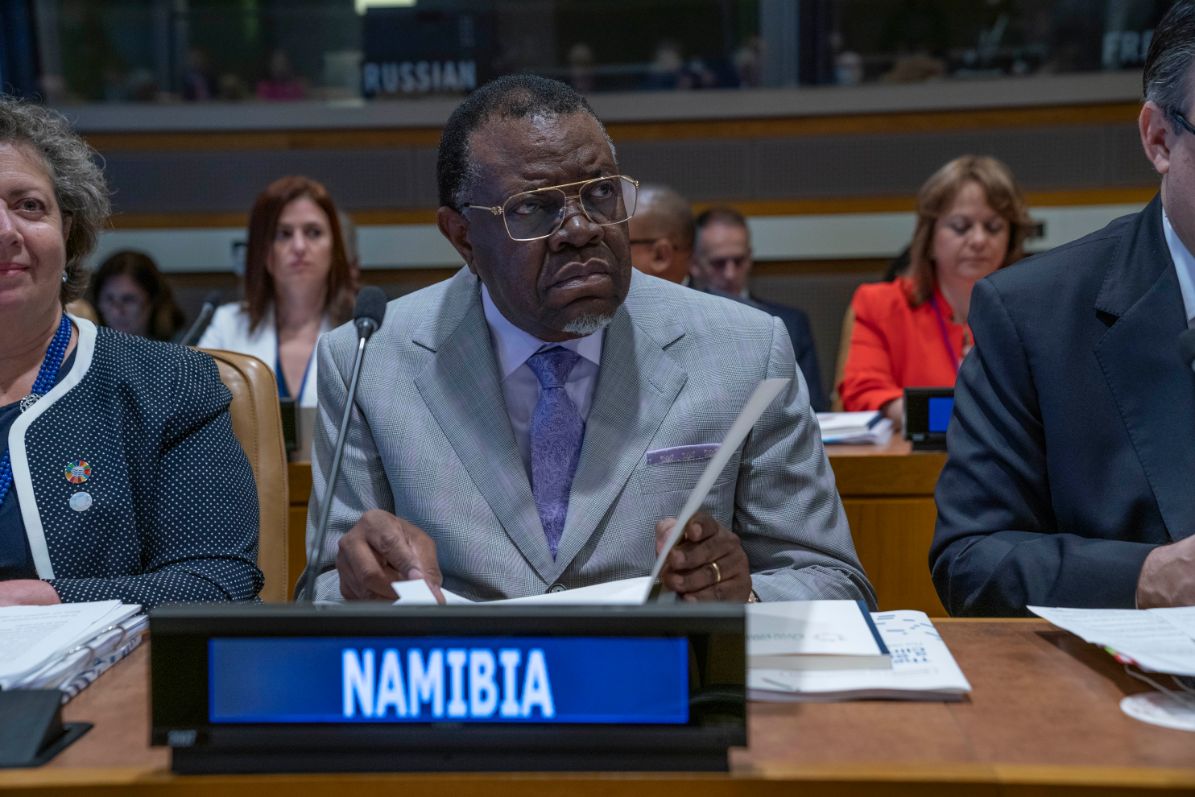
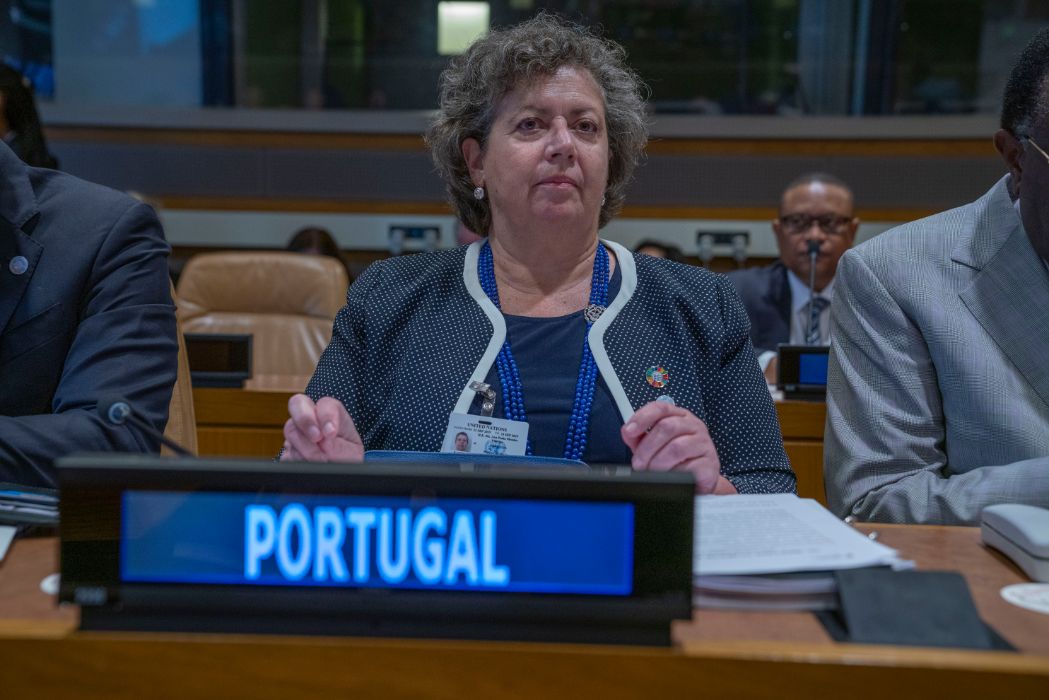
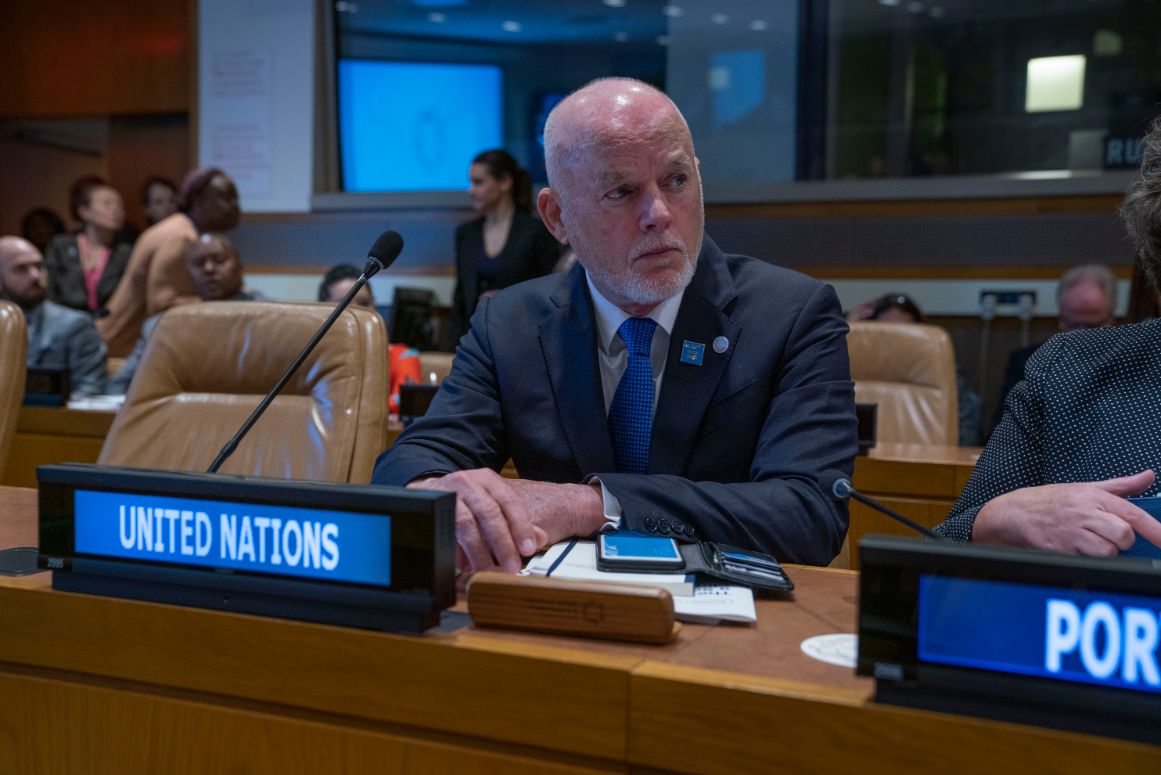
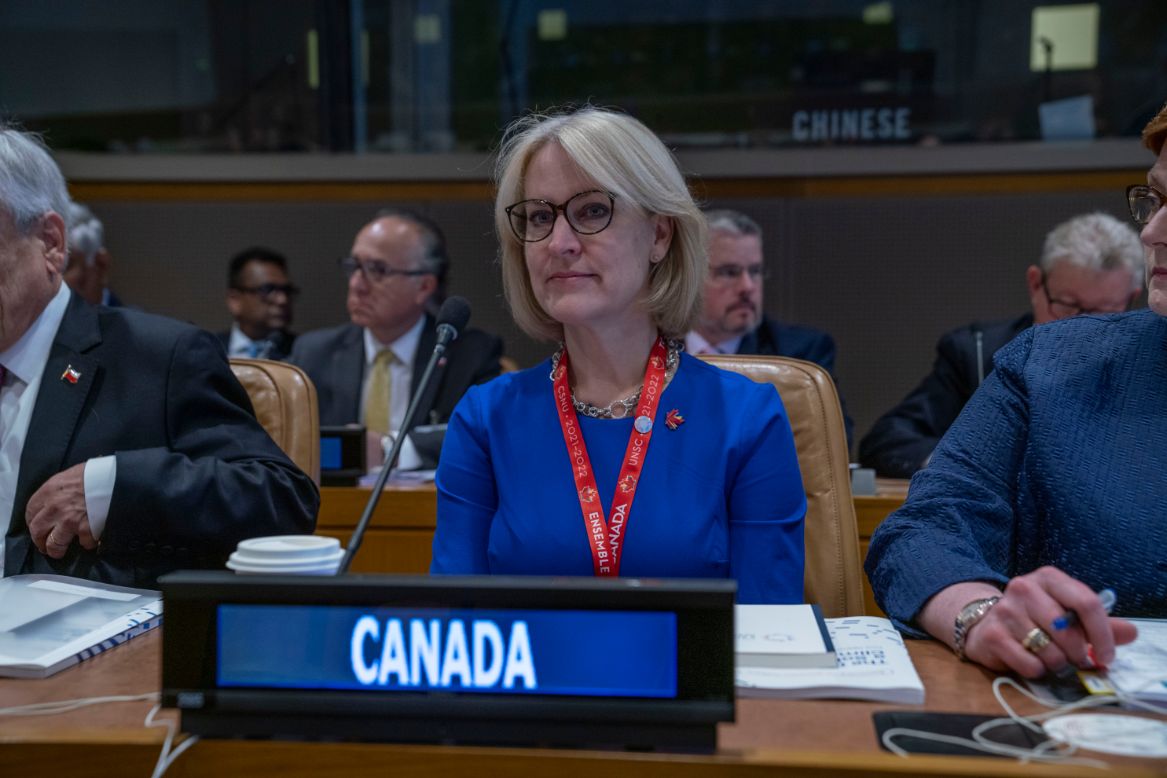
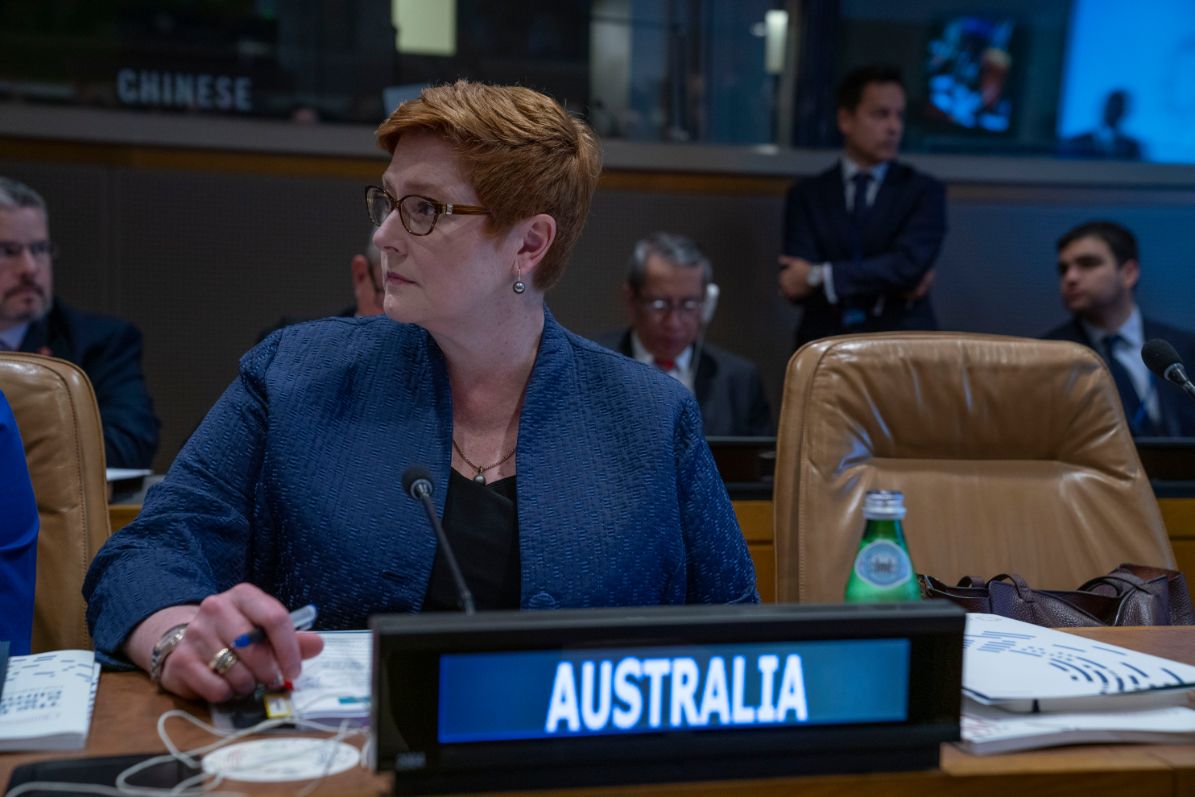
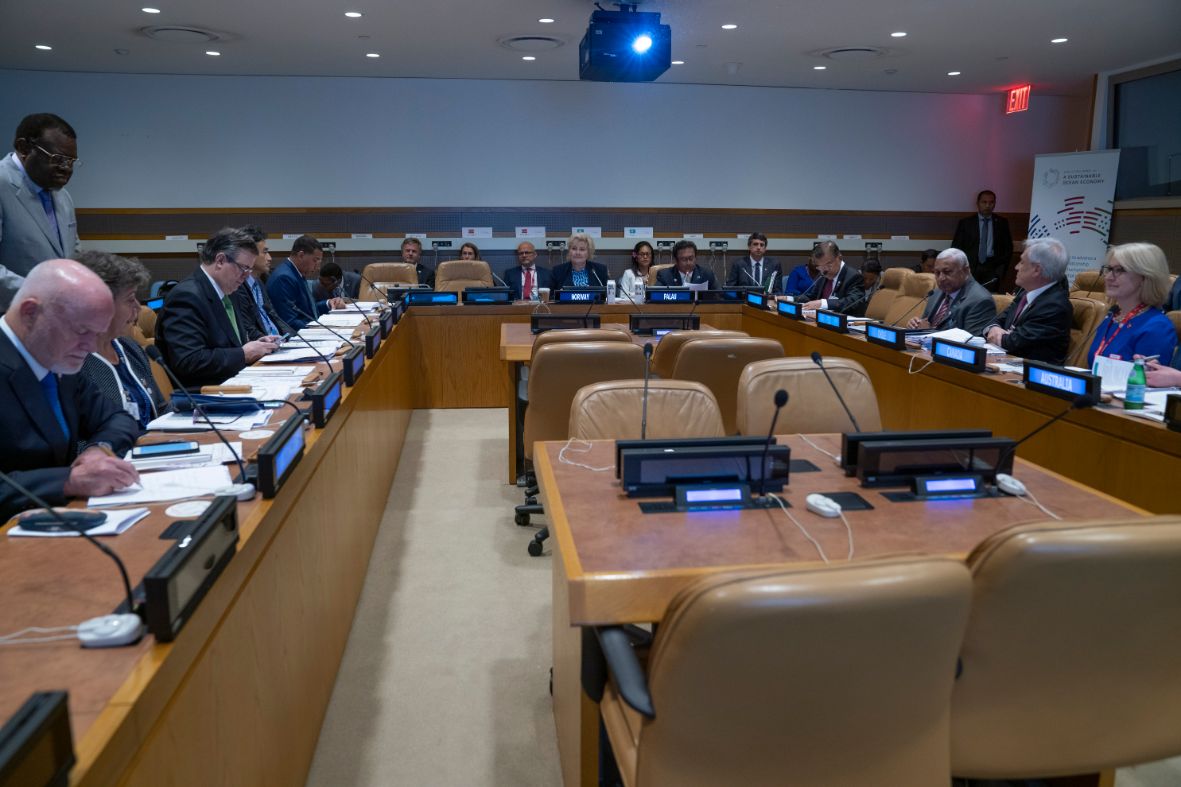
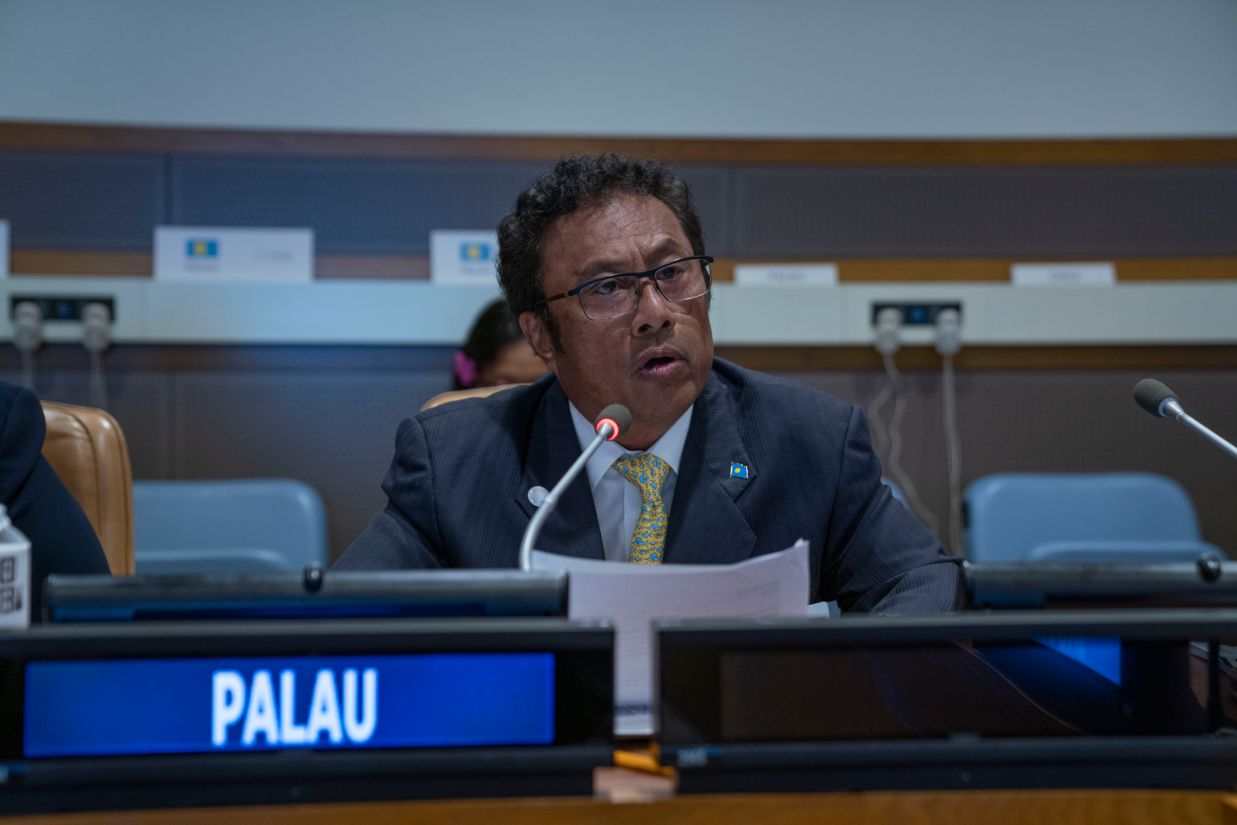
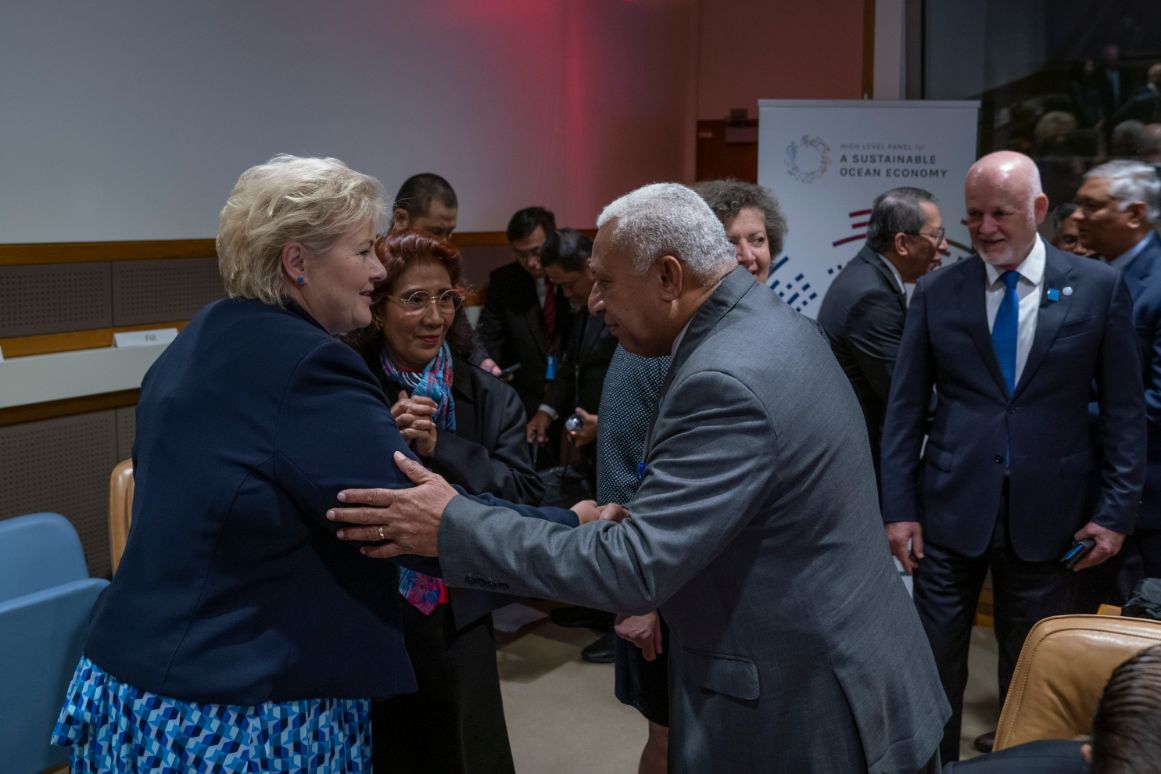
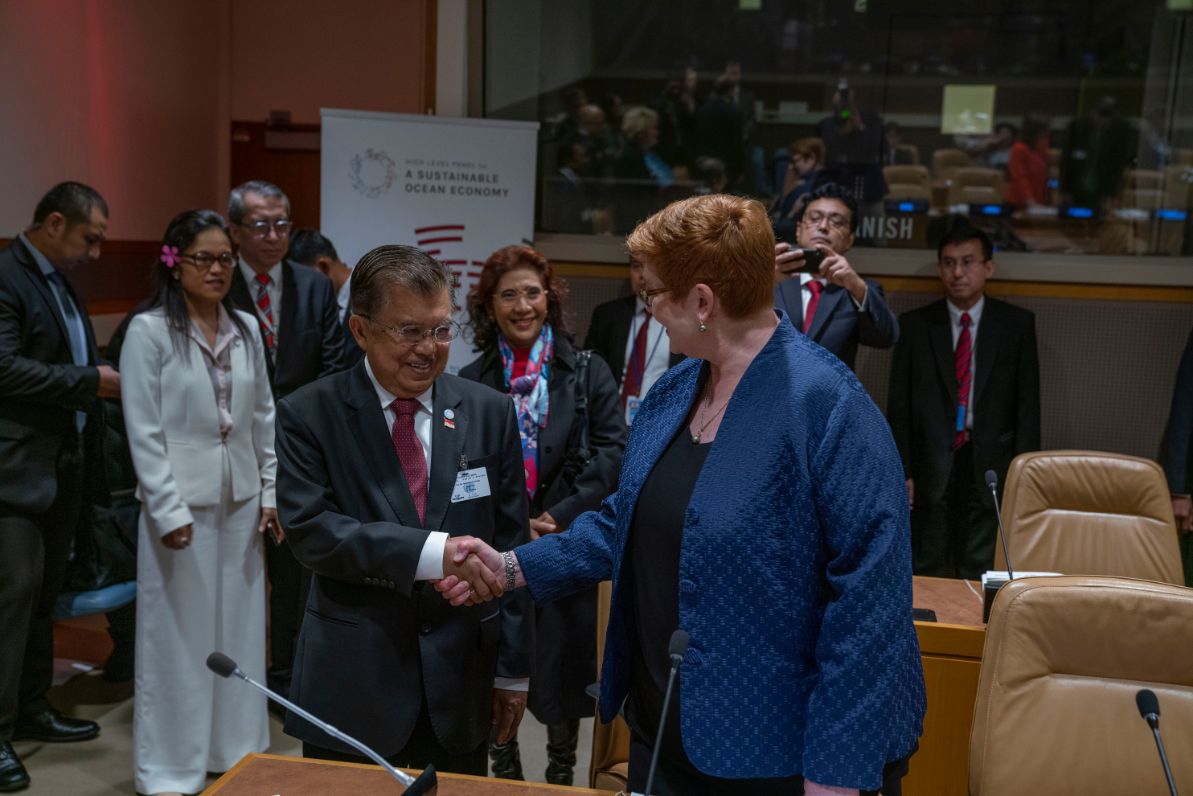
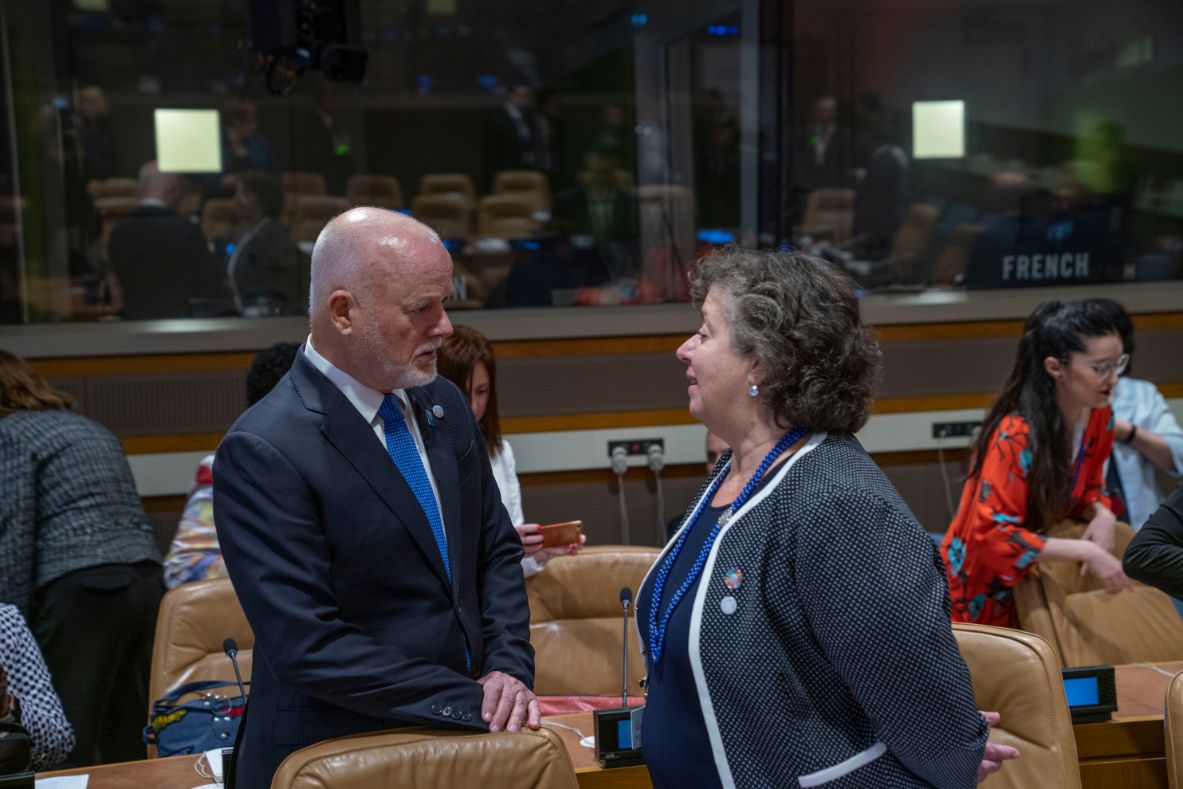
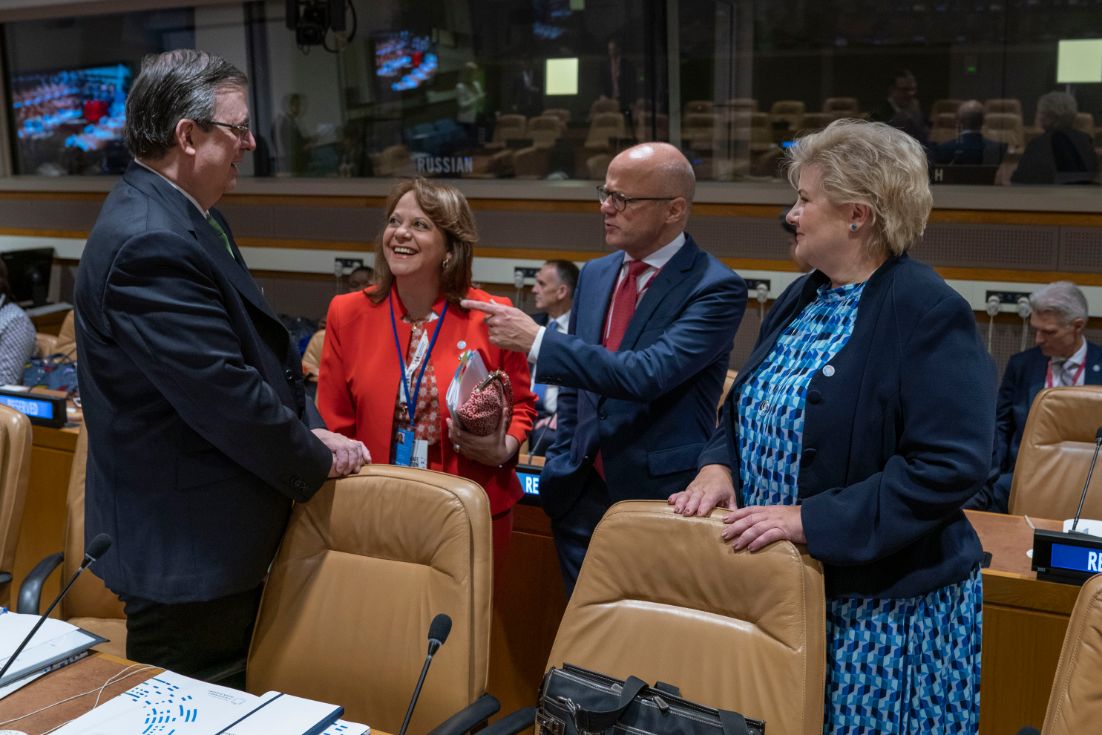
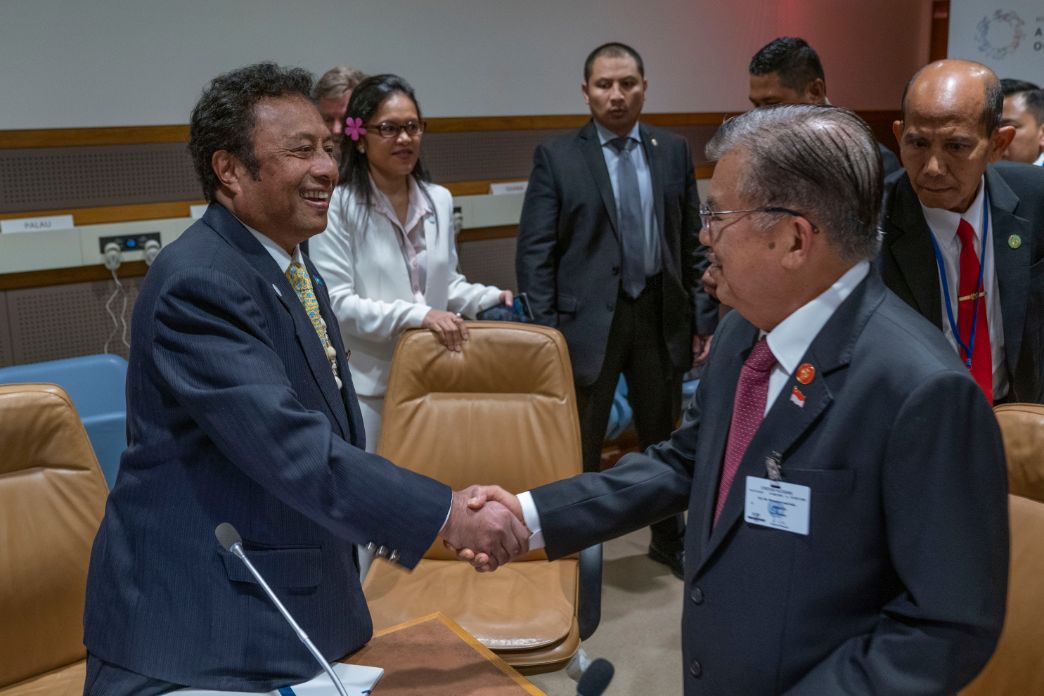
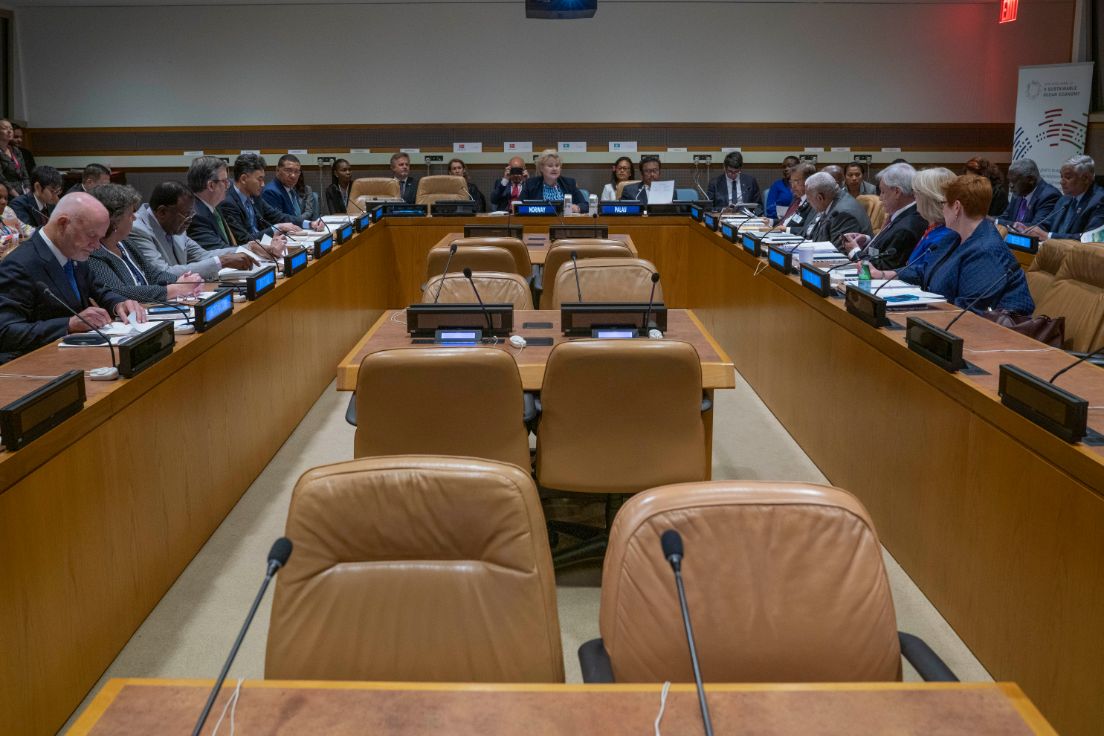
 Prev: Portugal
Prev: Portugal 